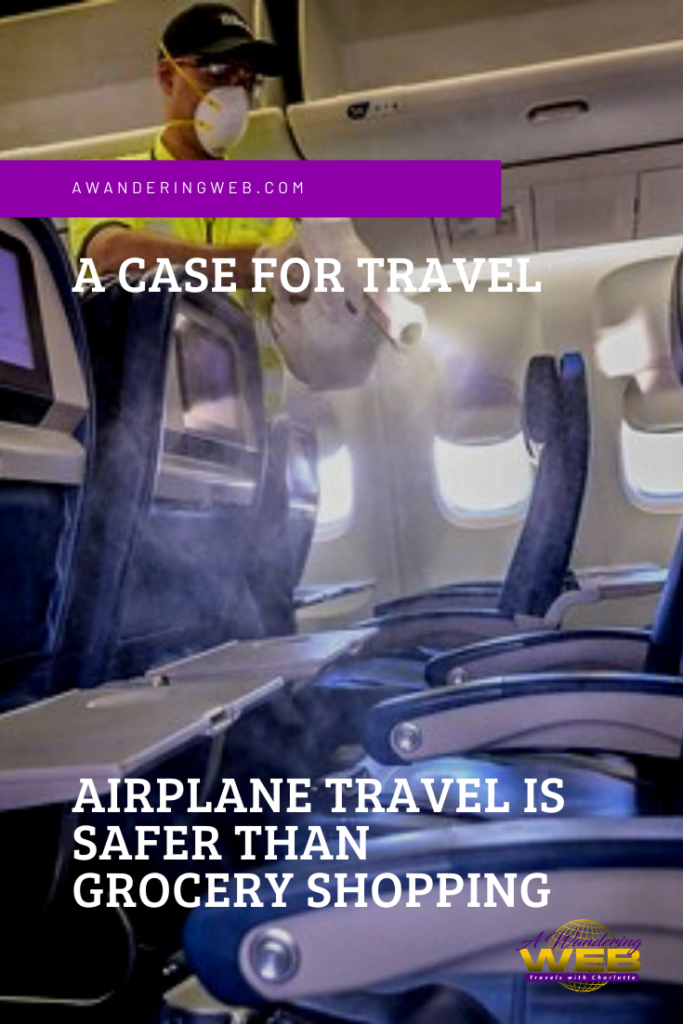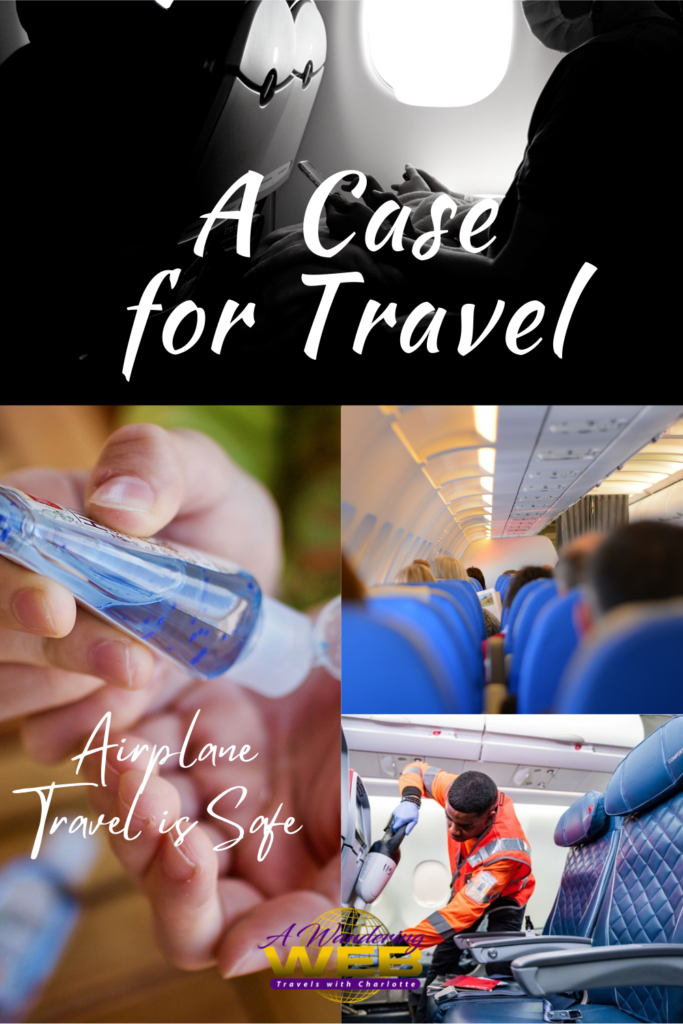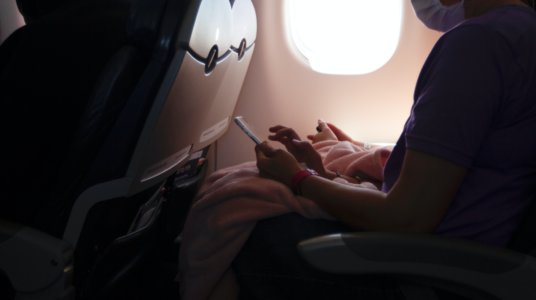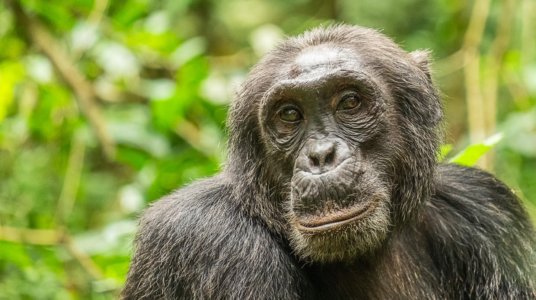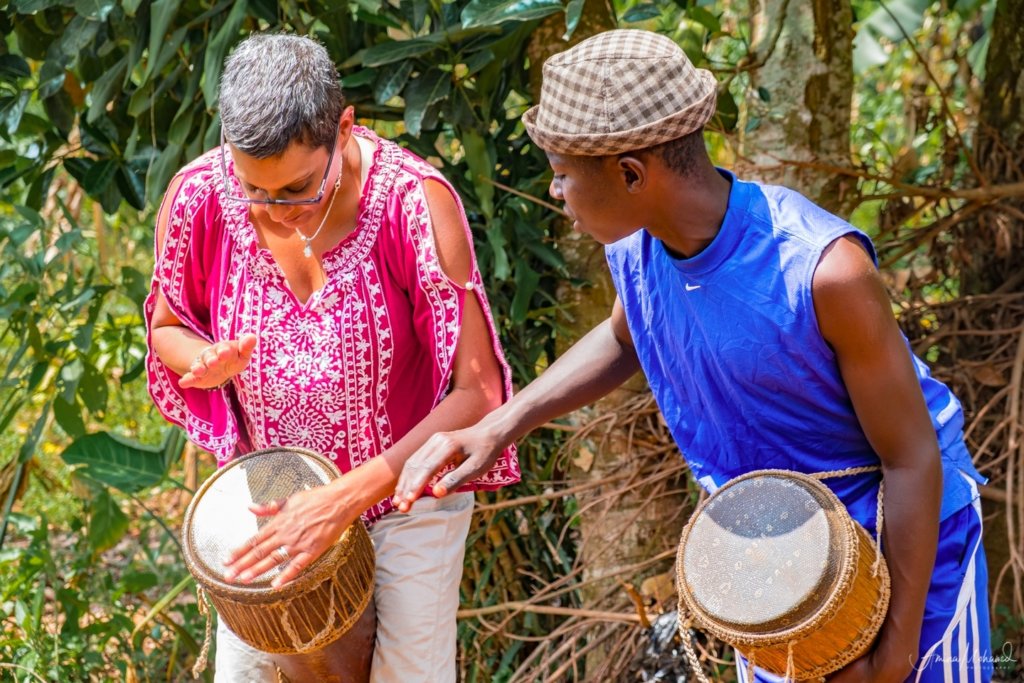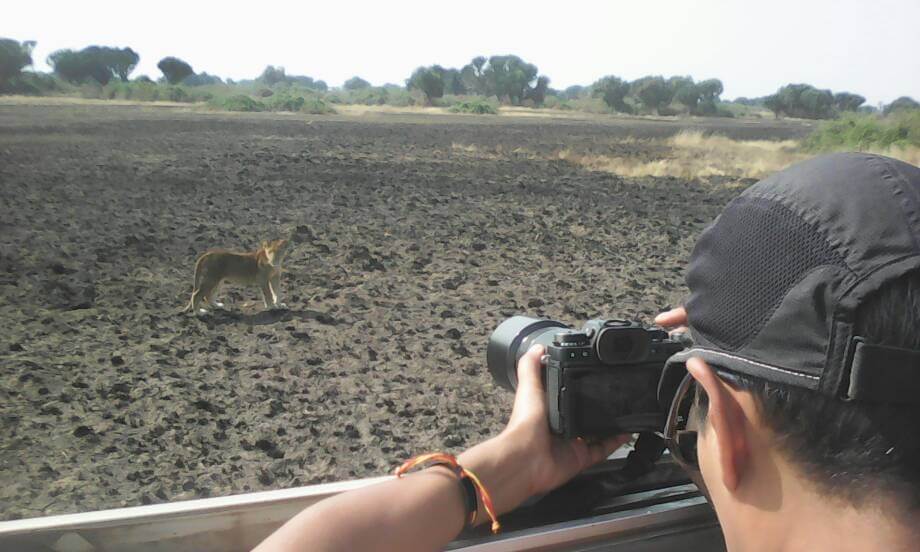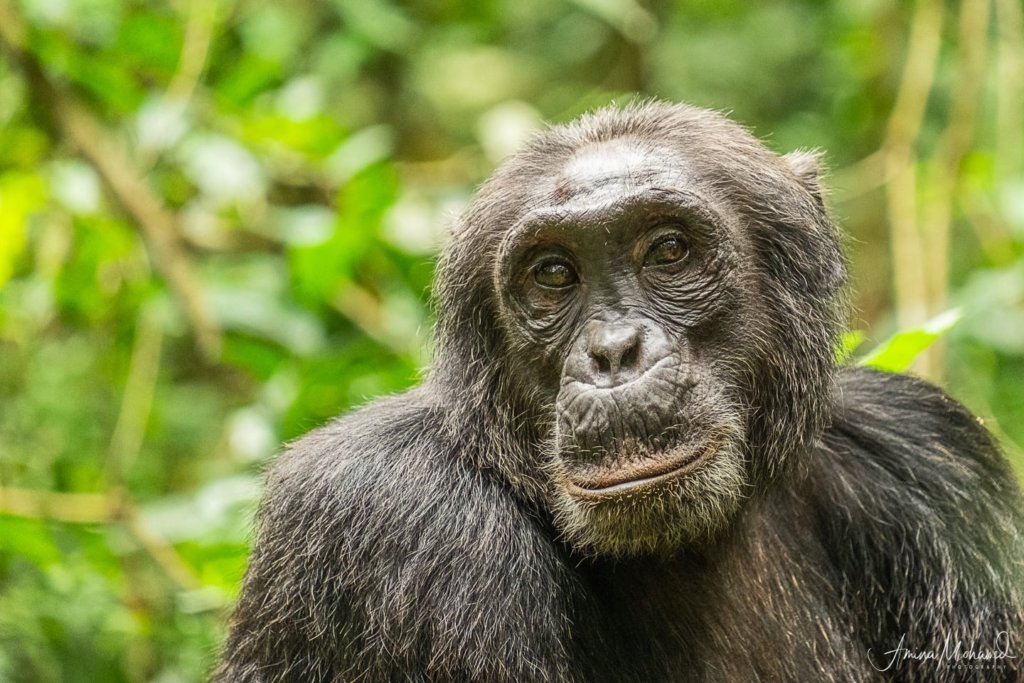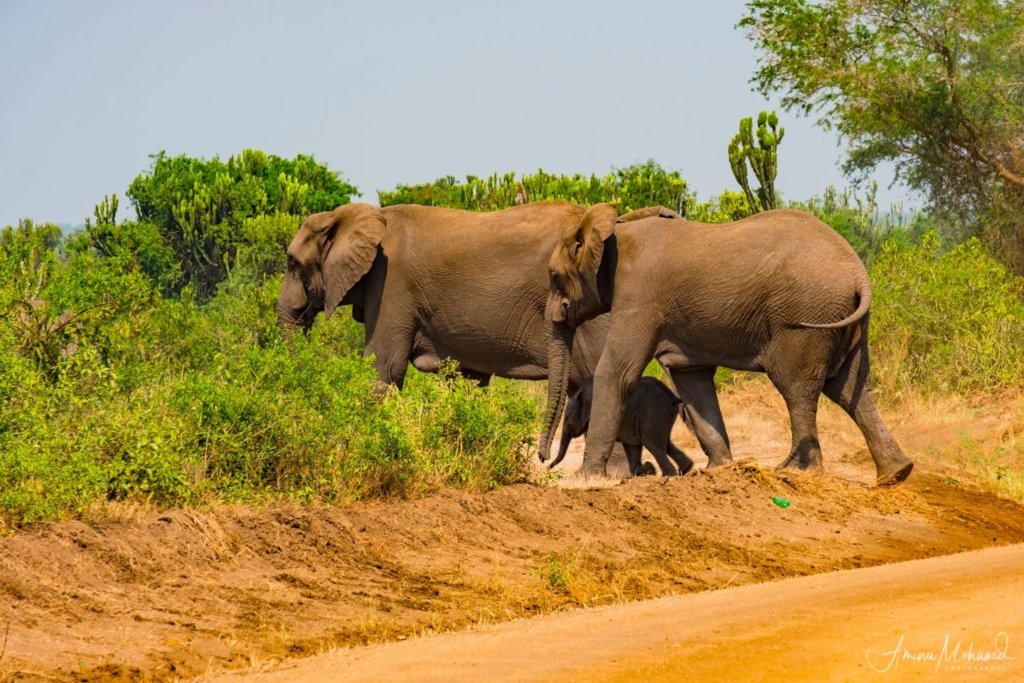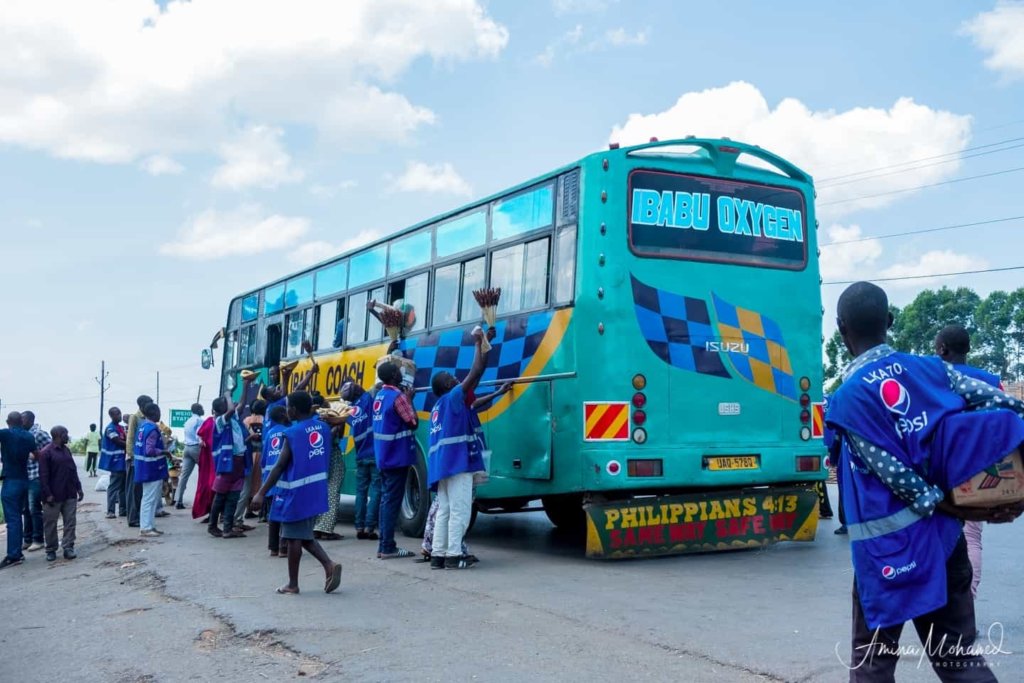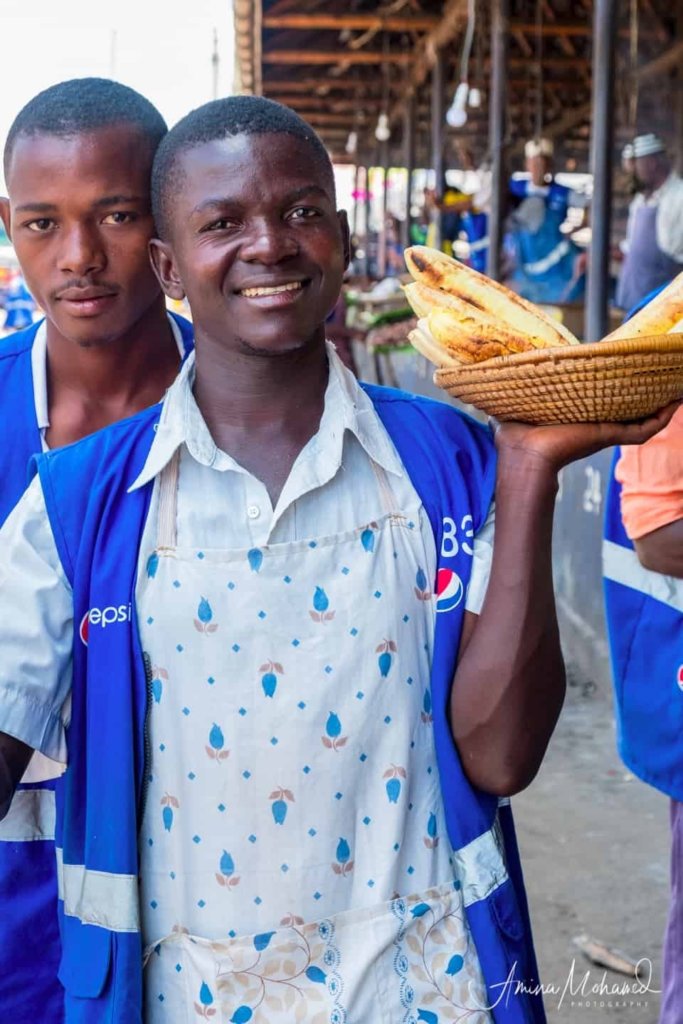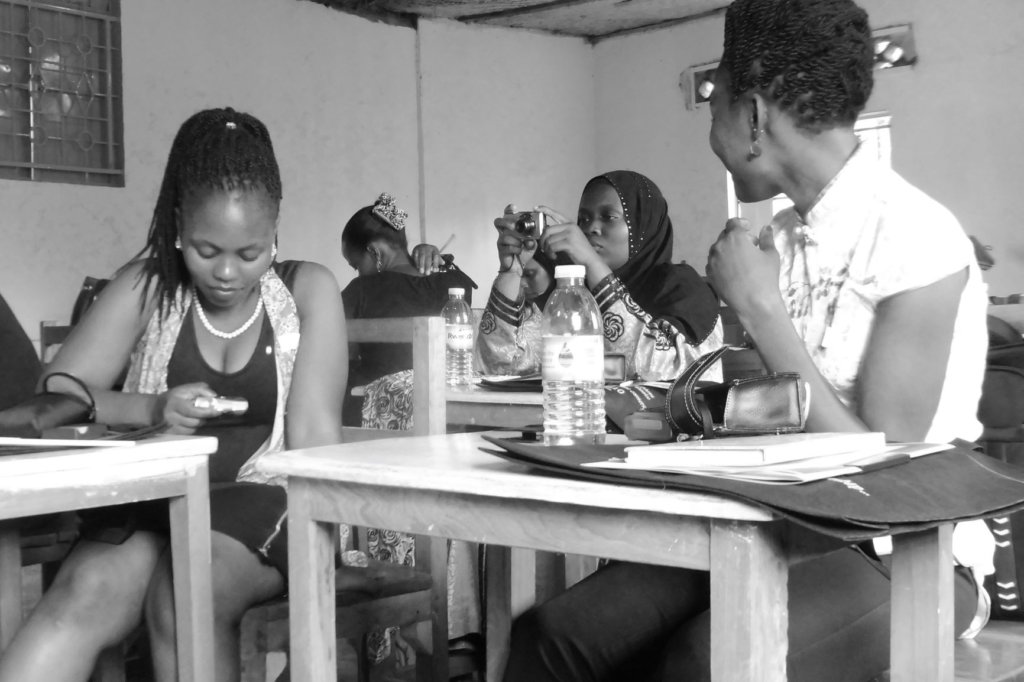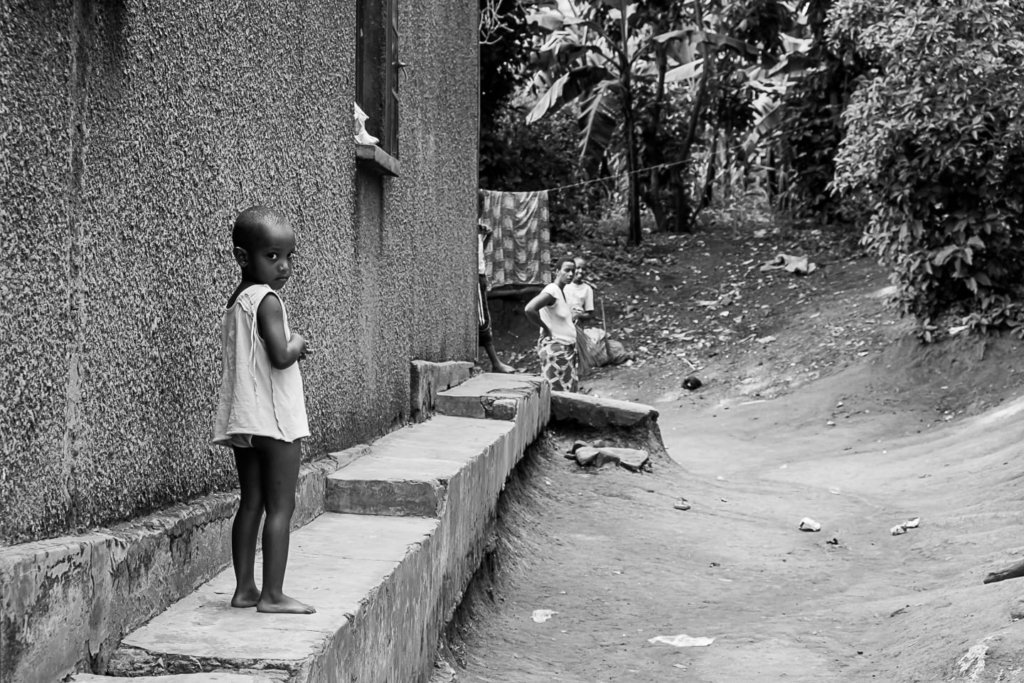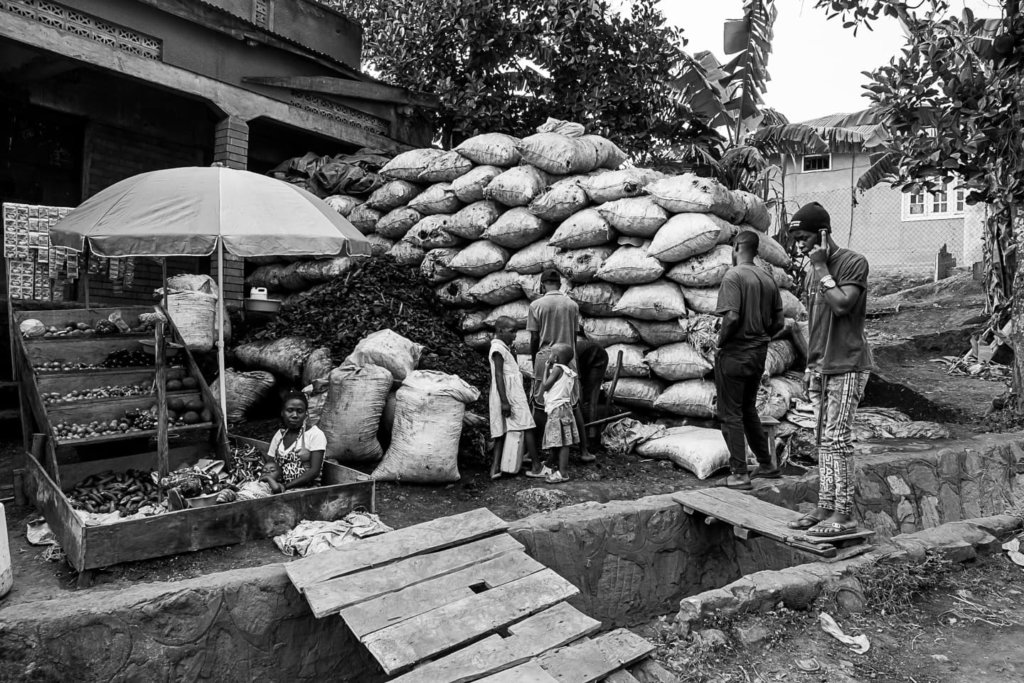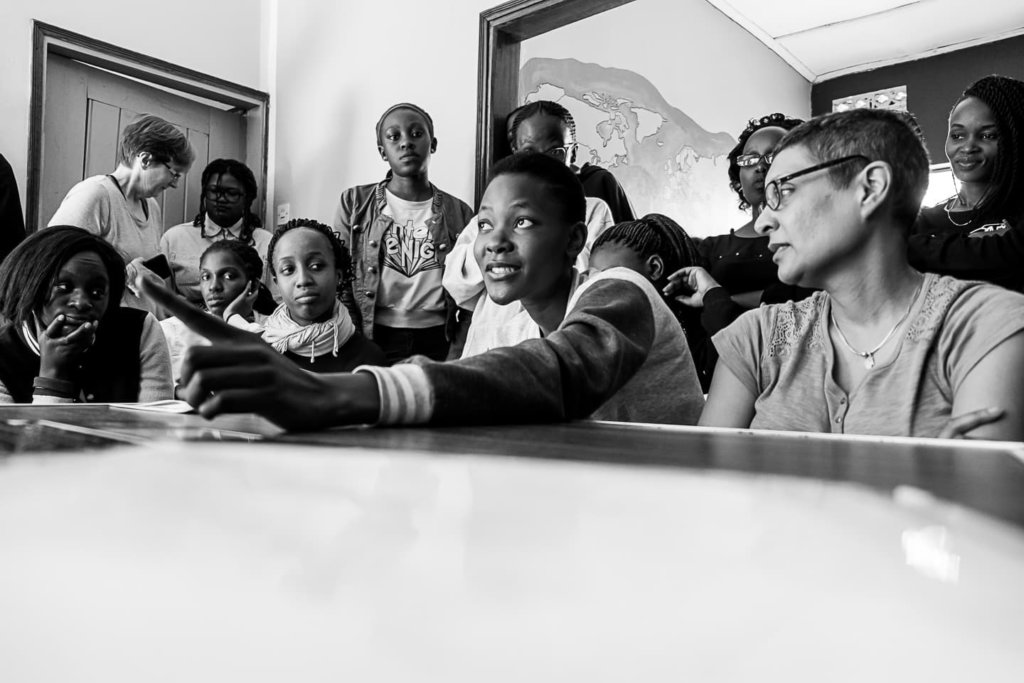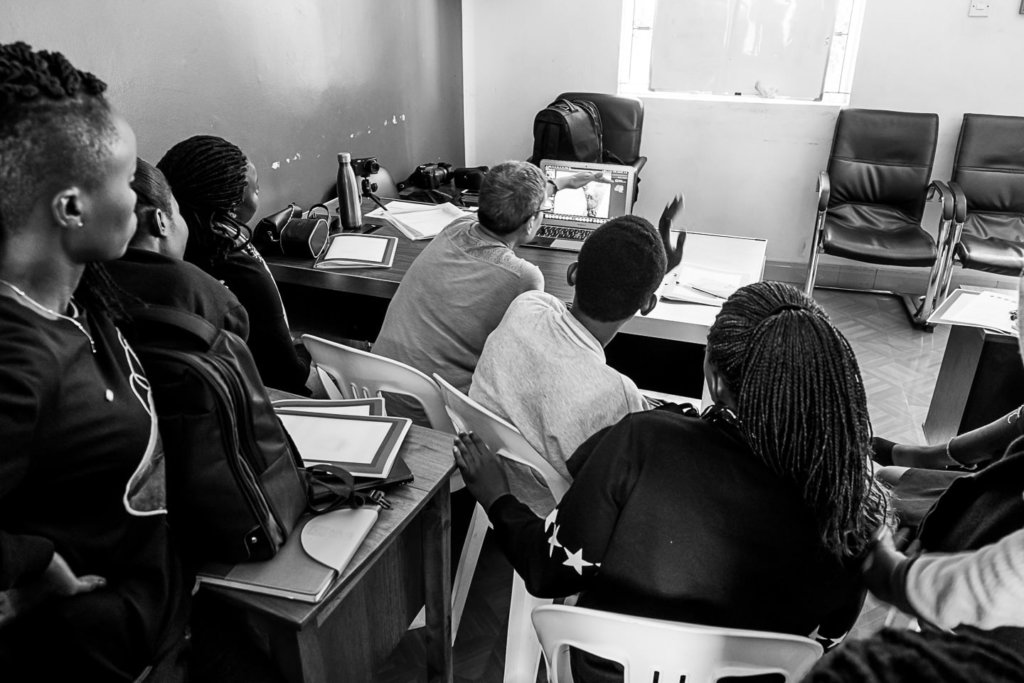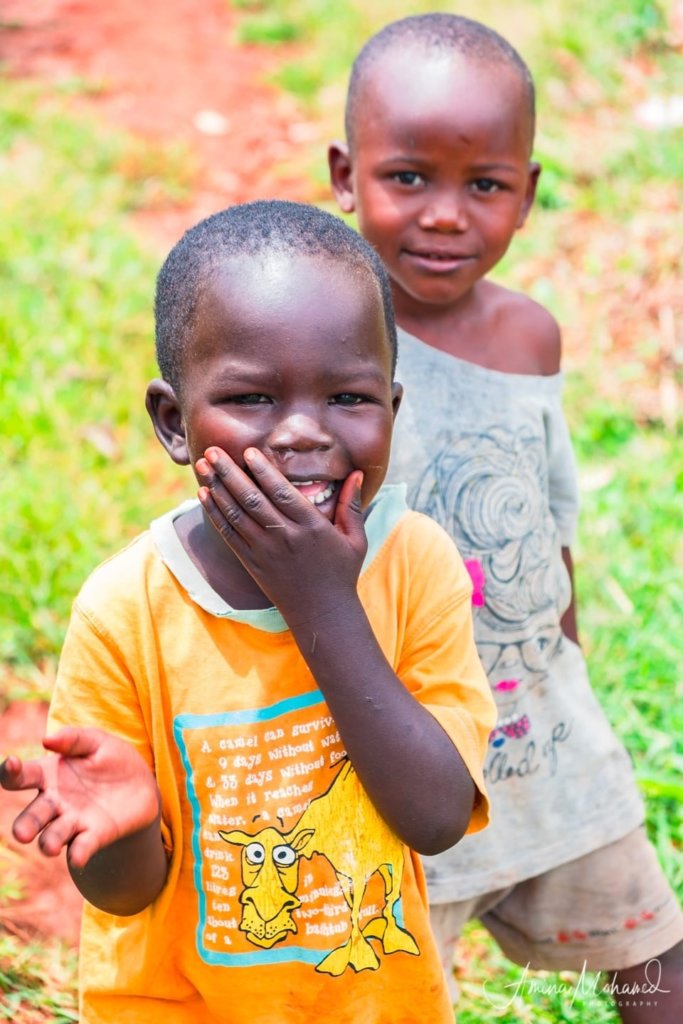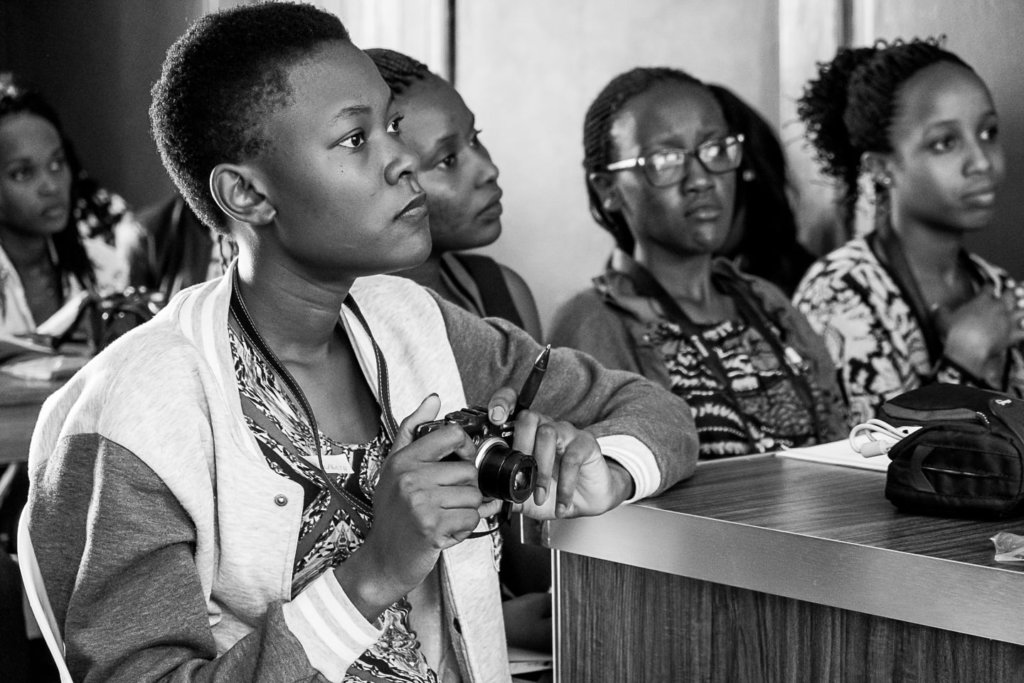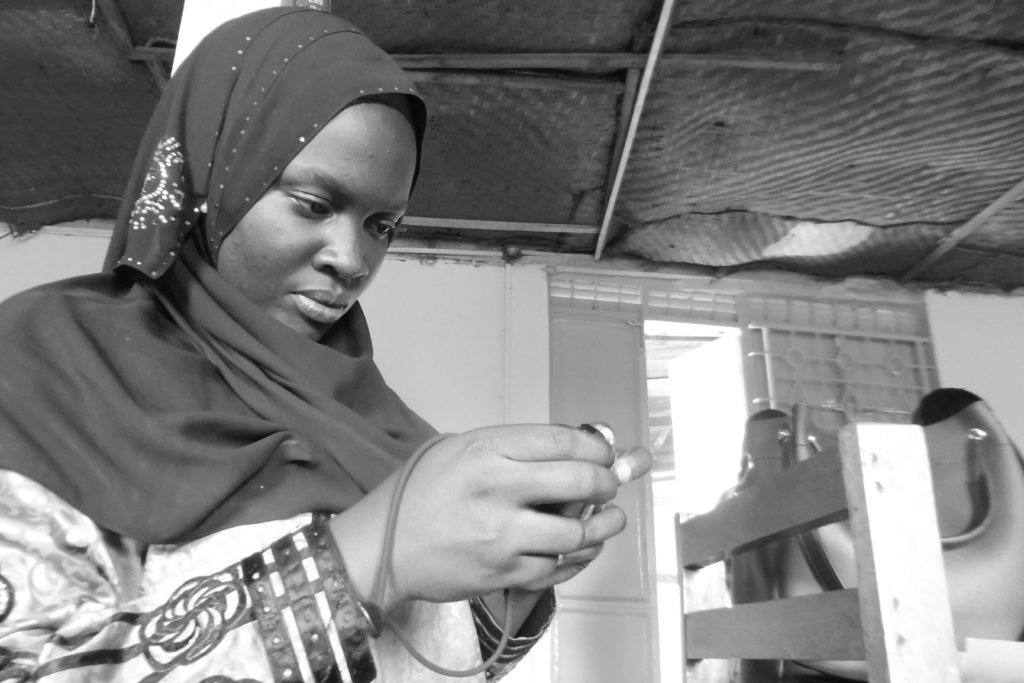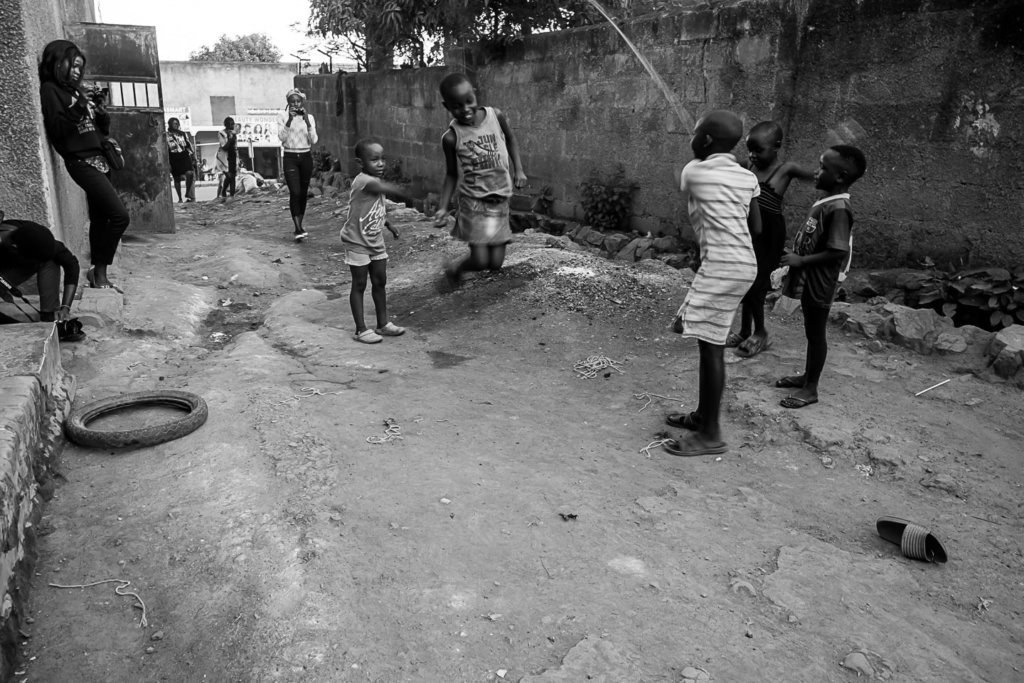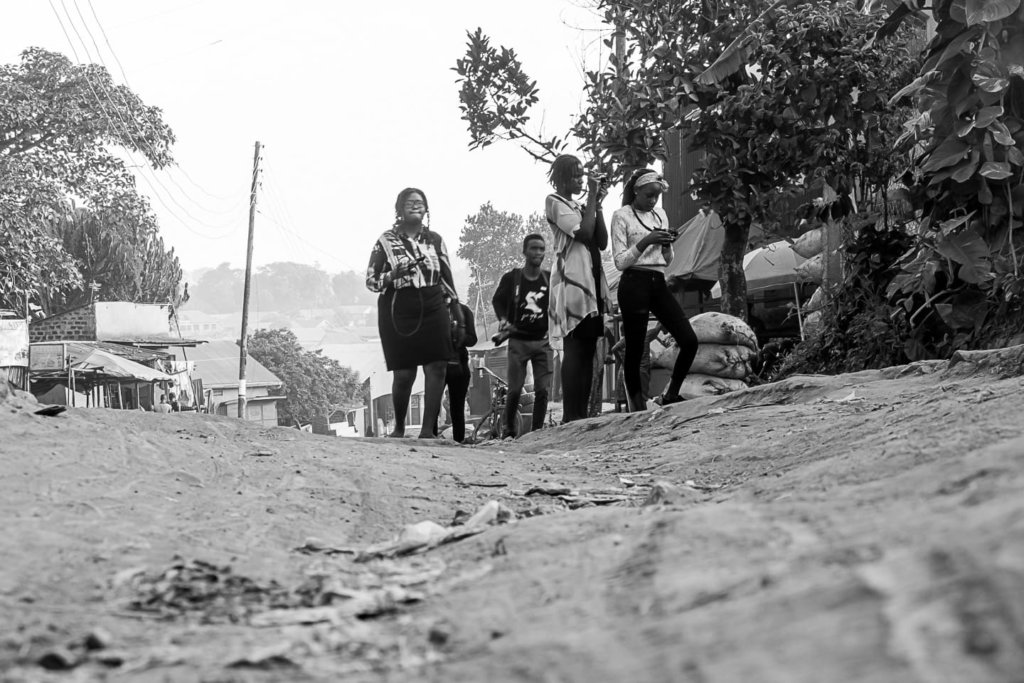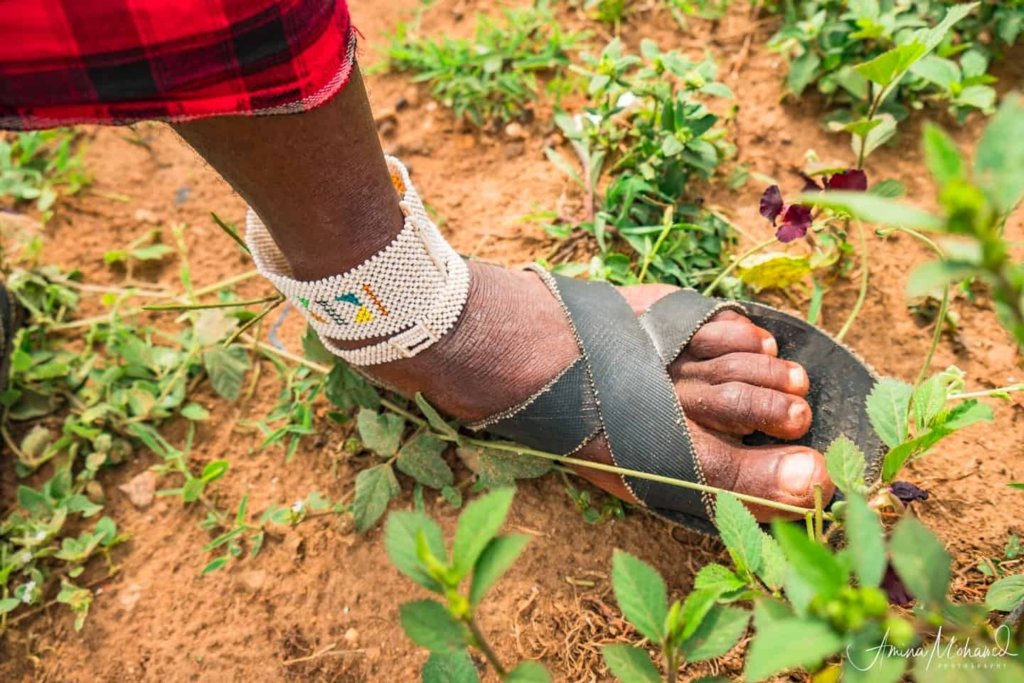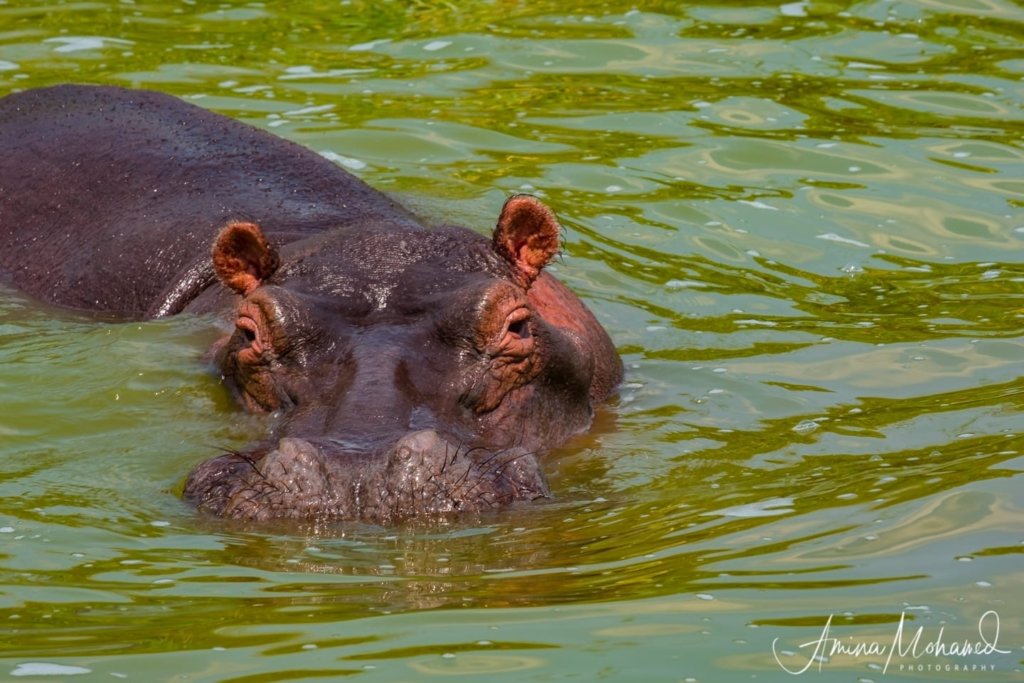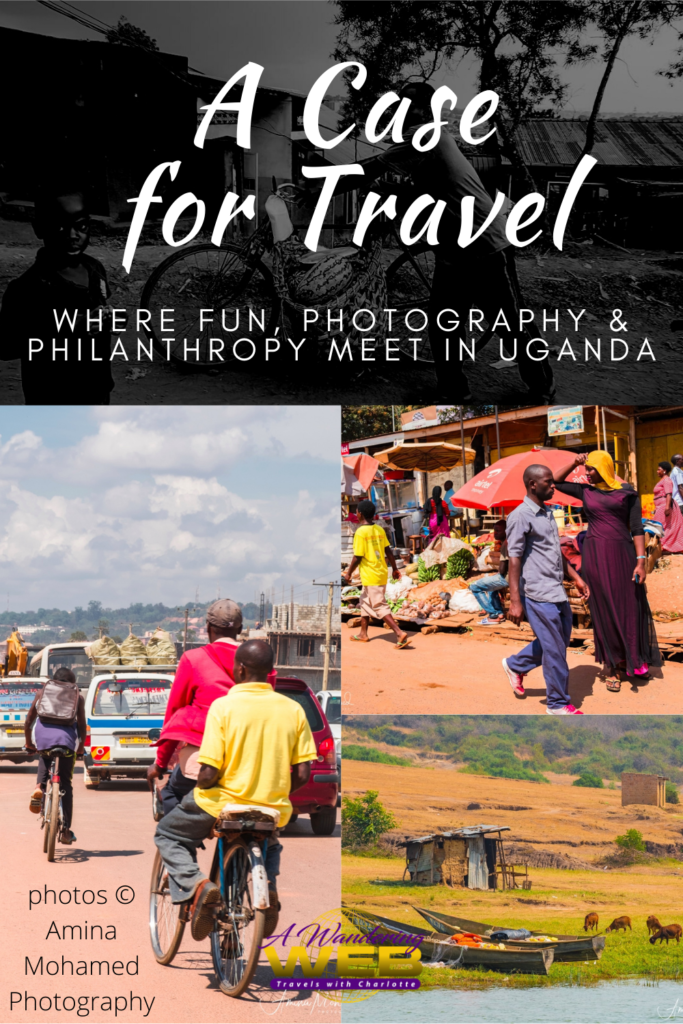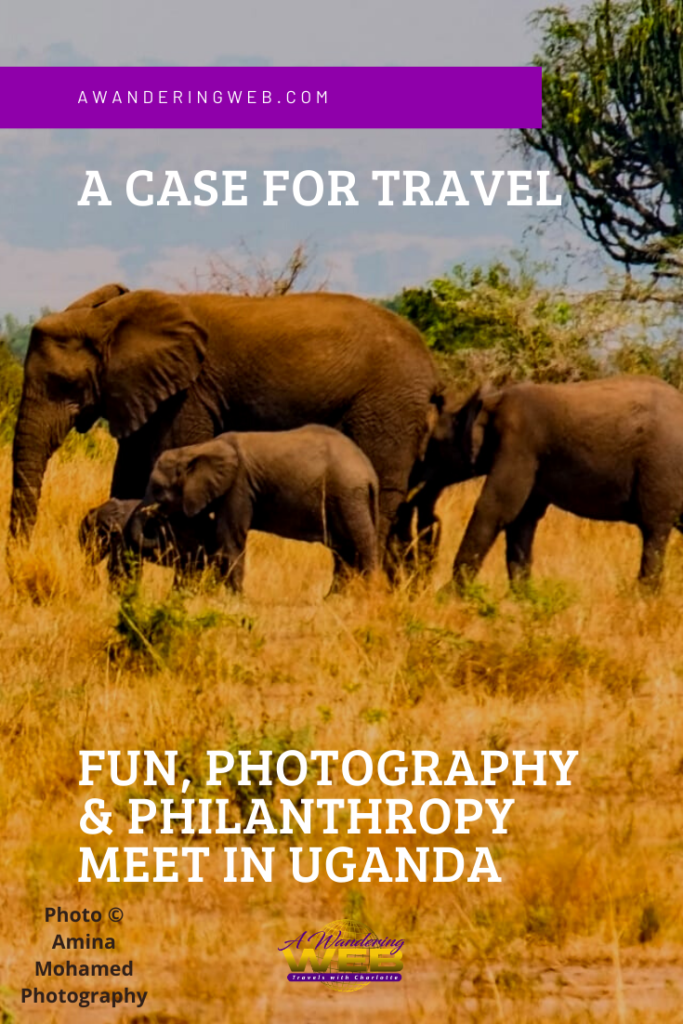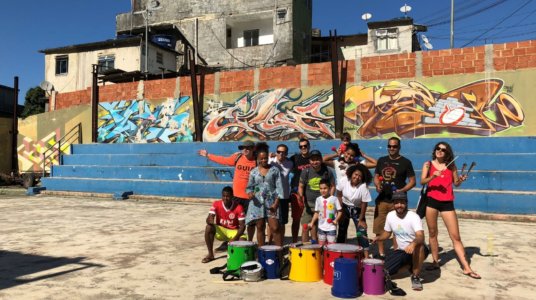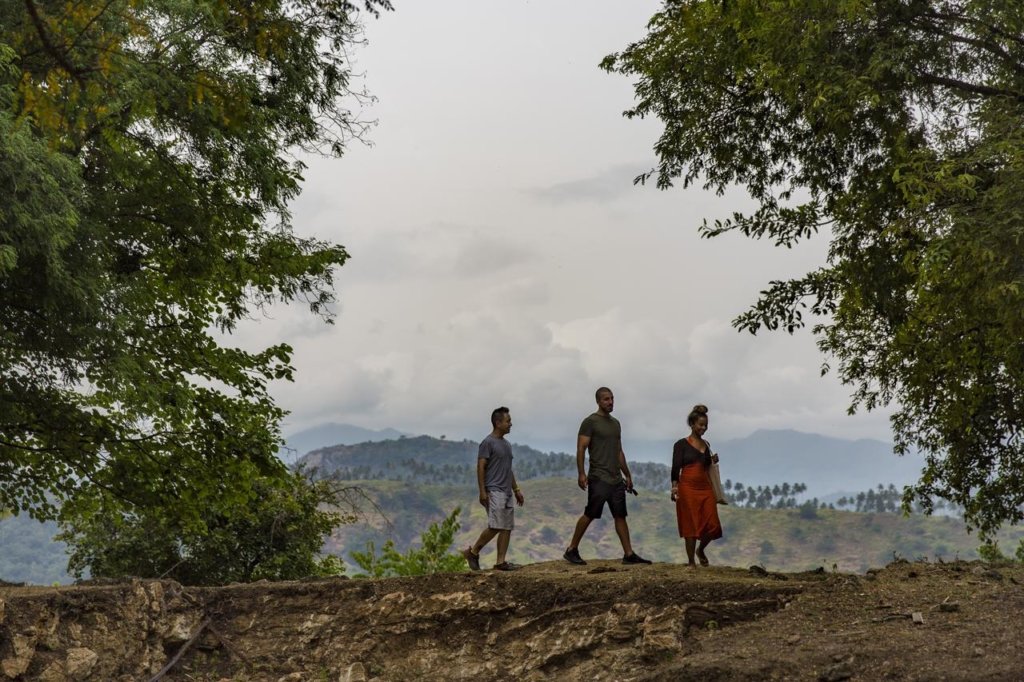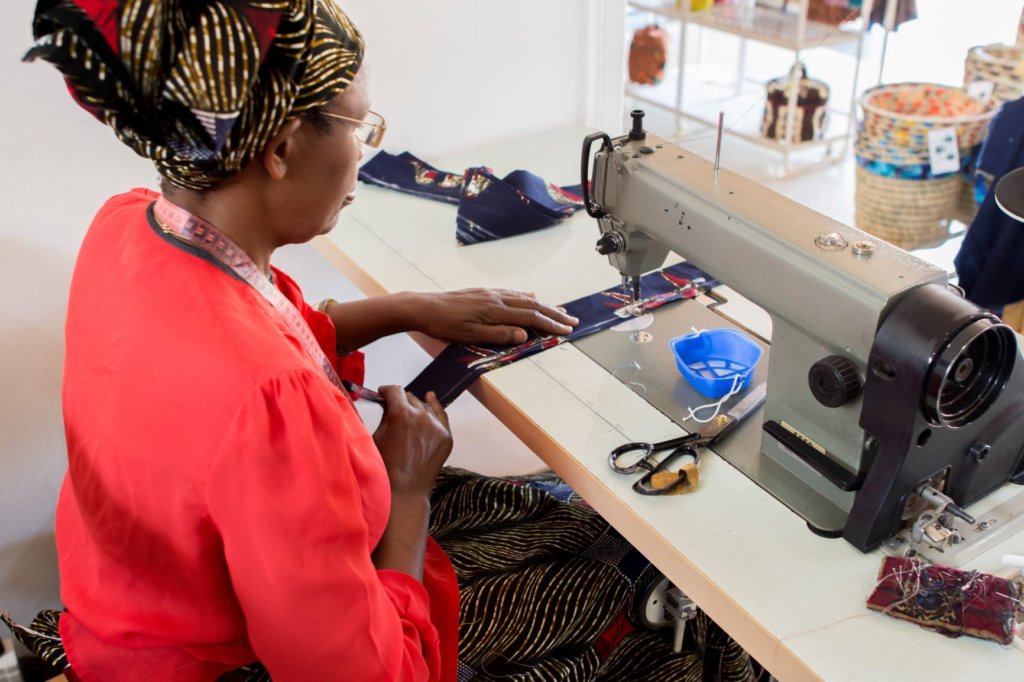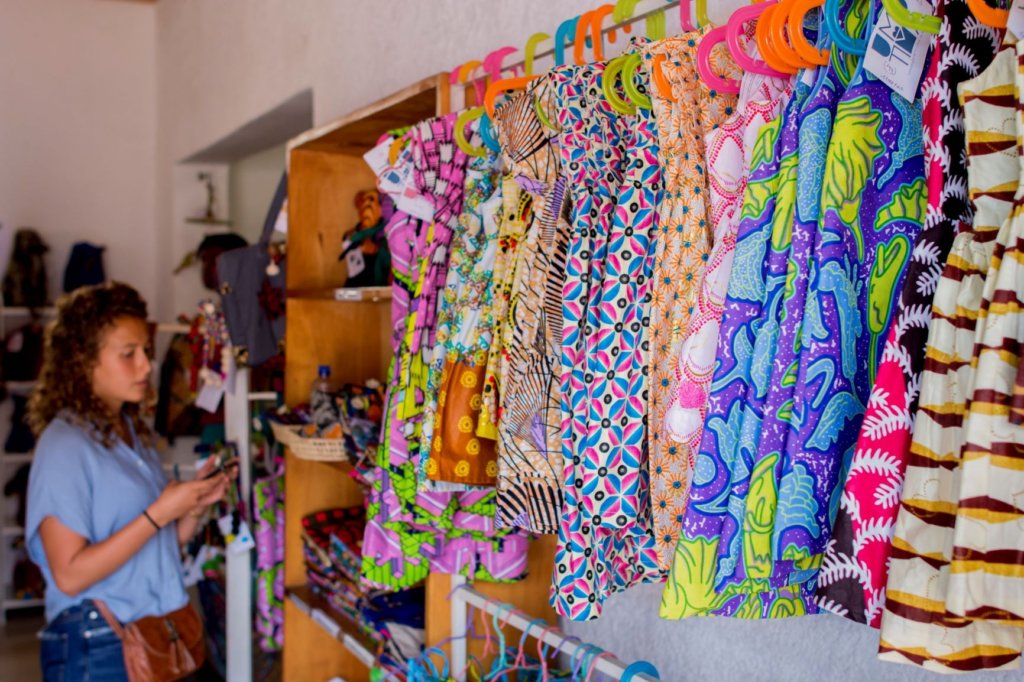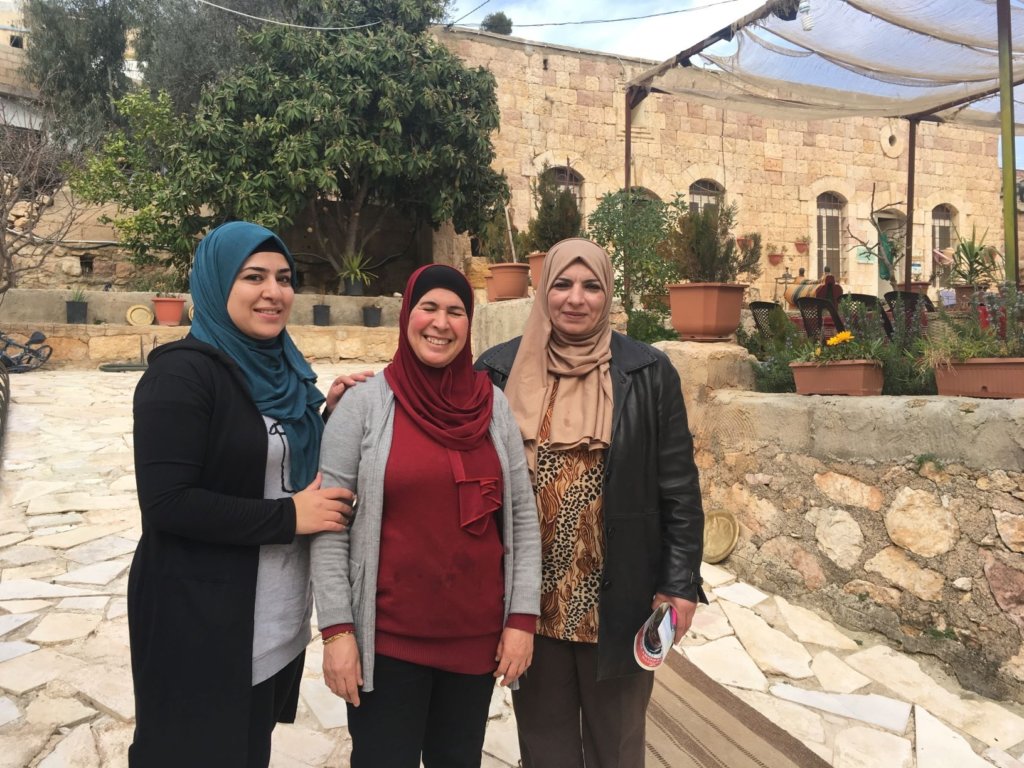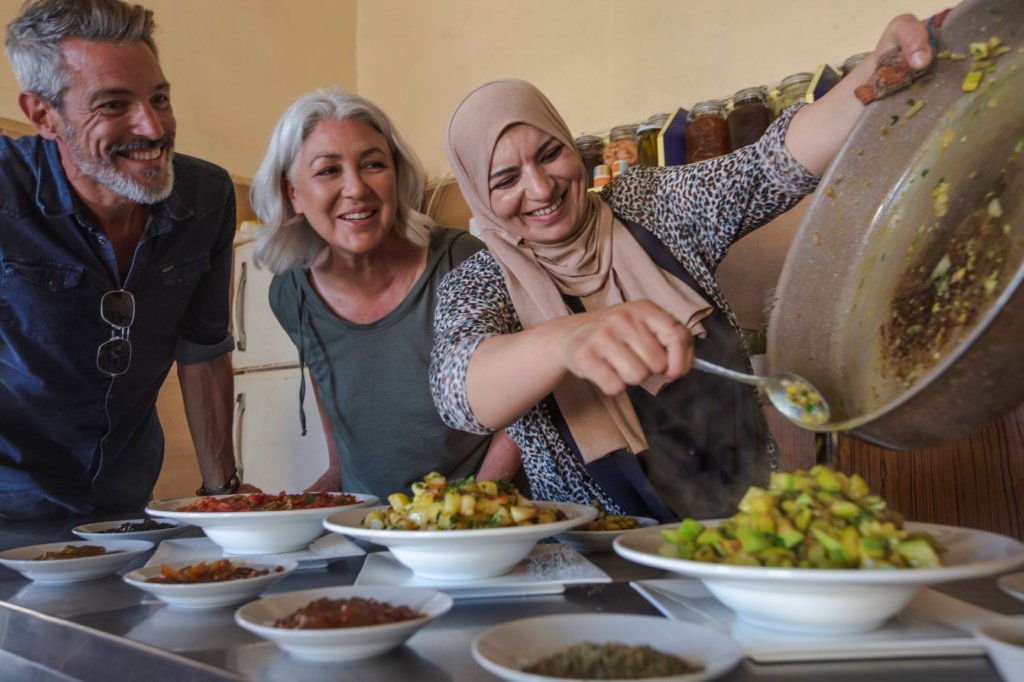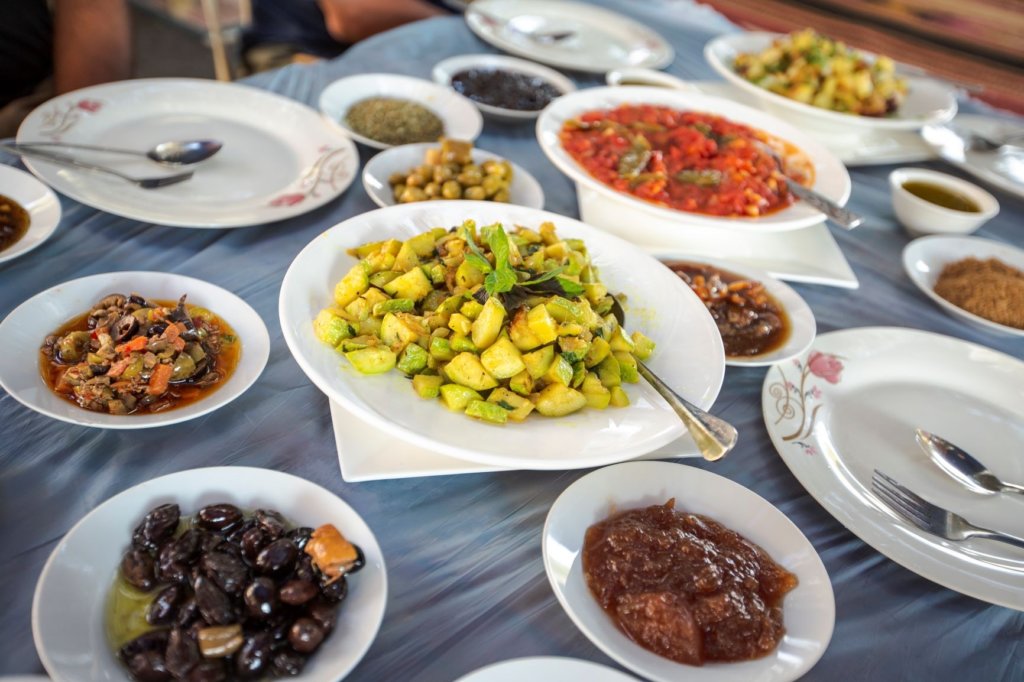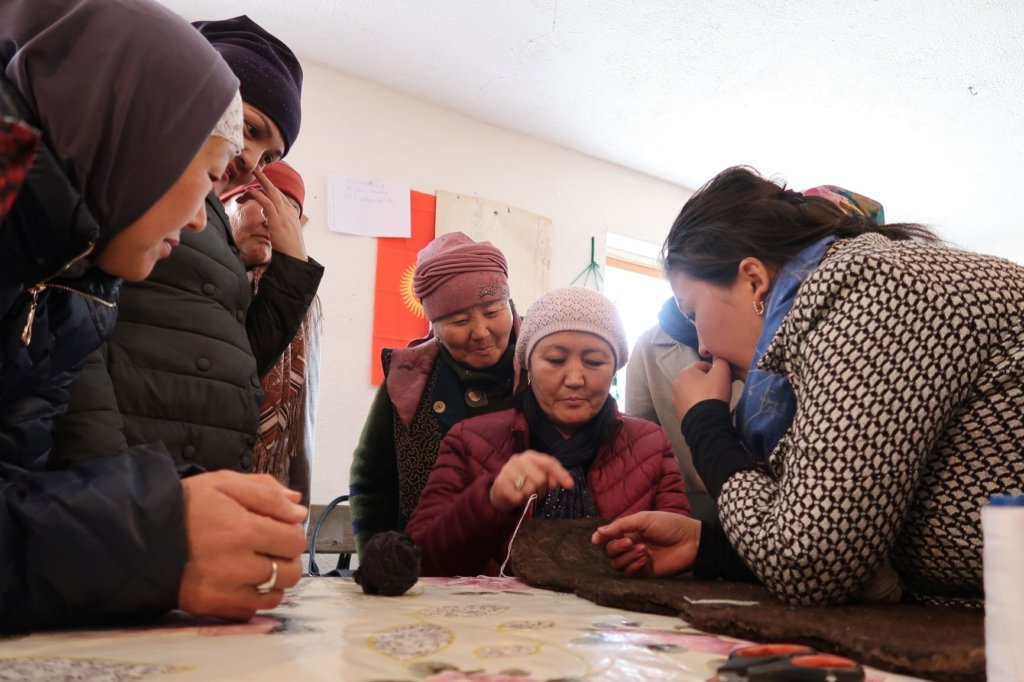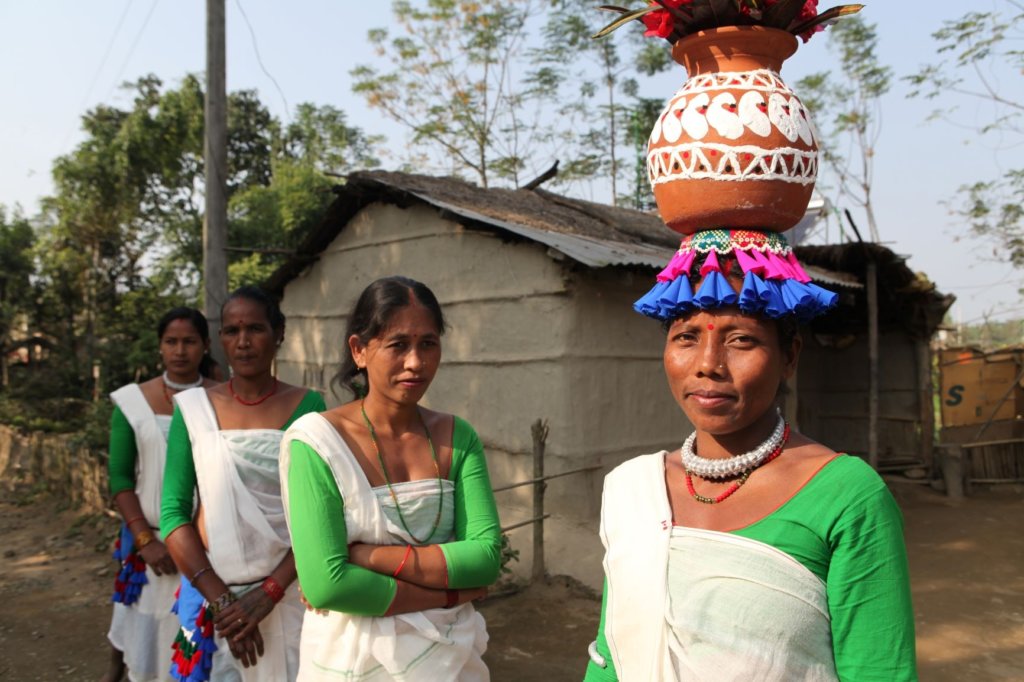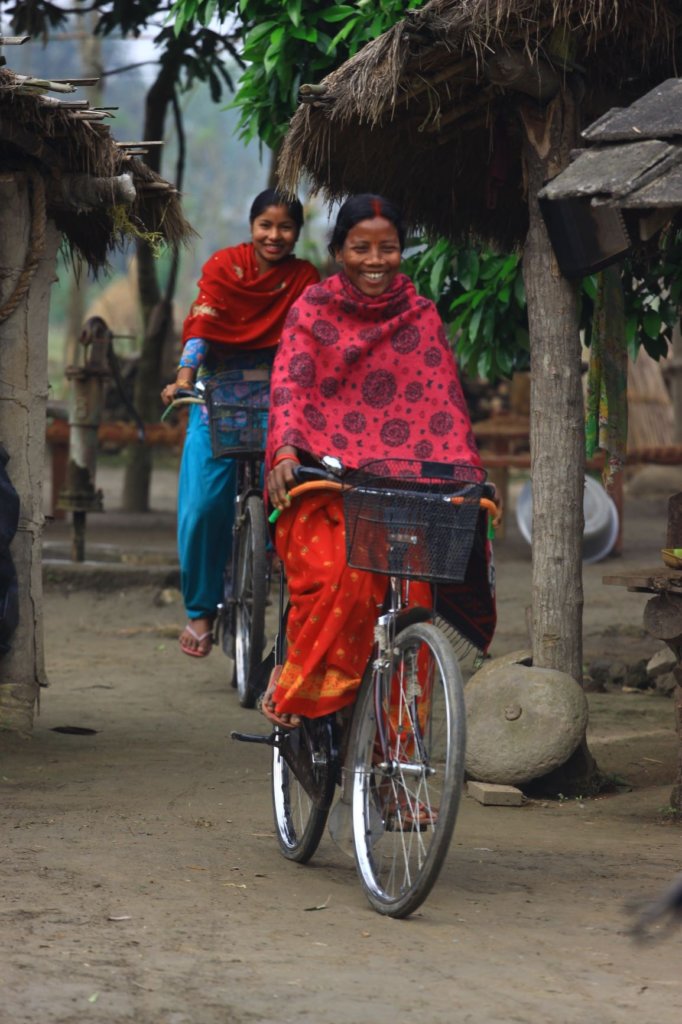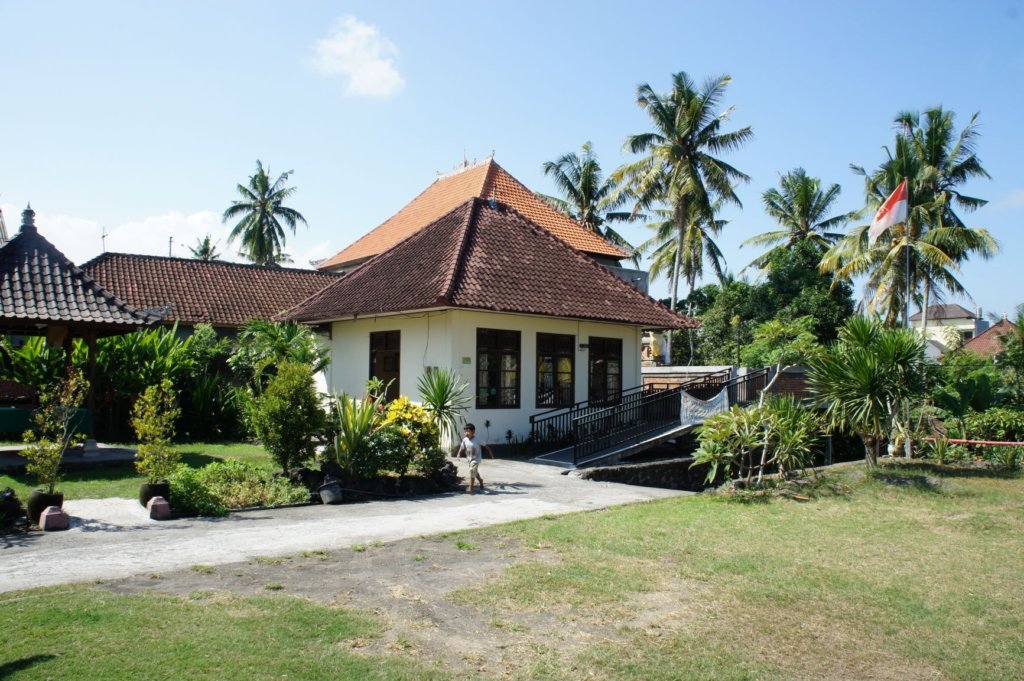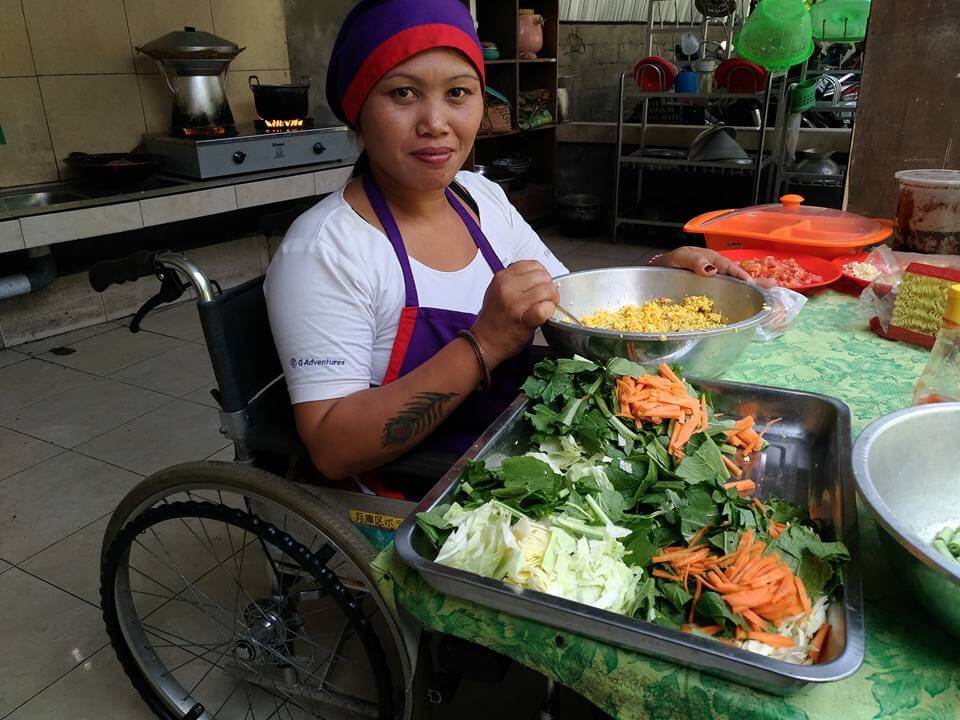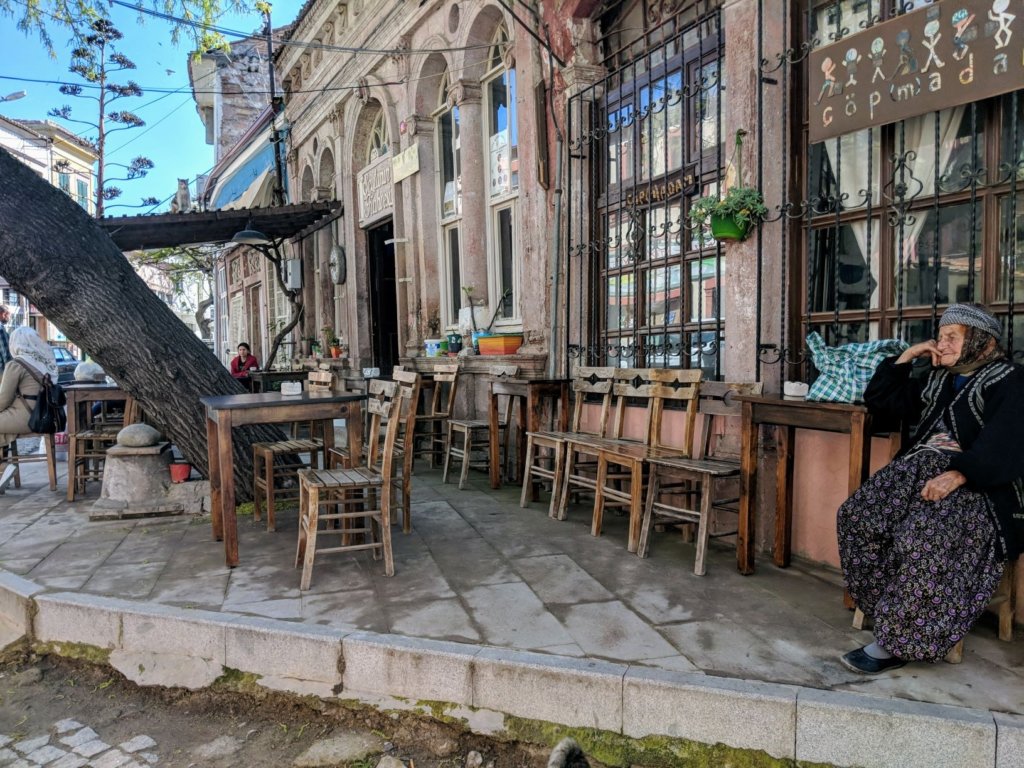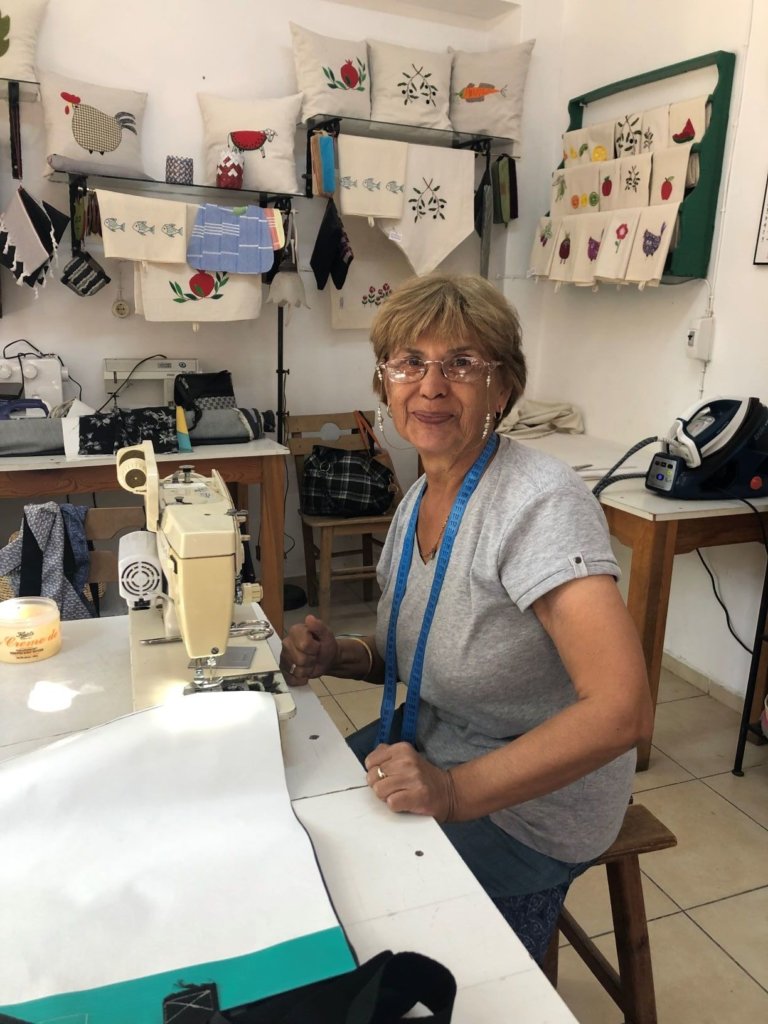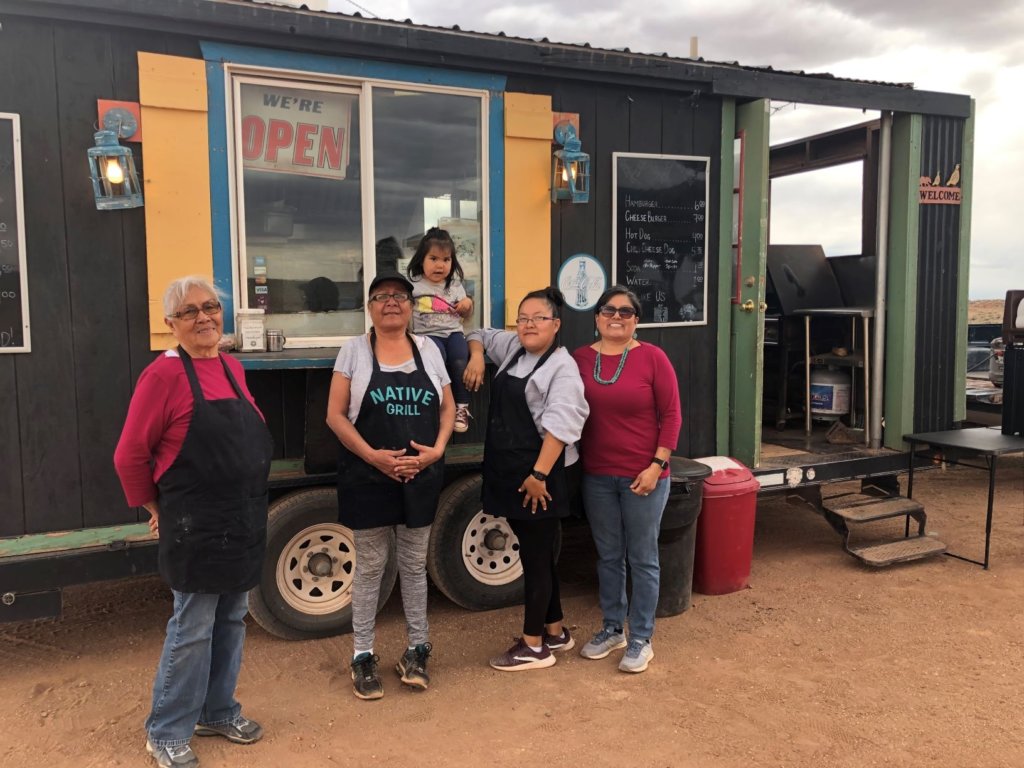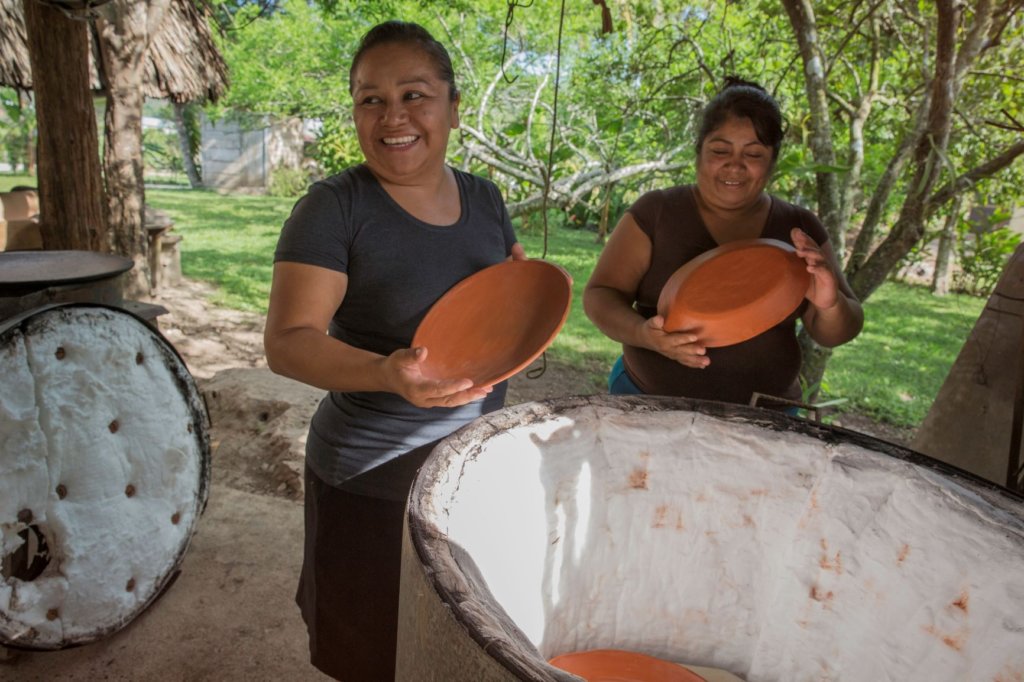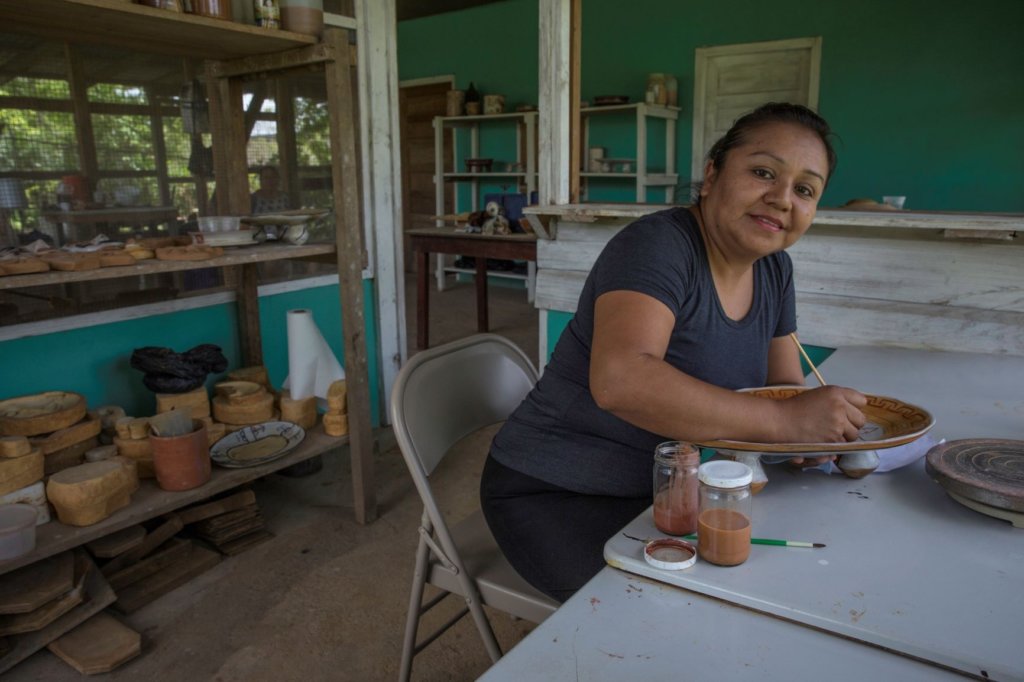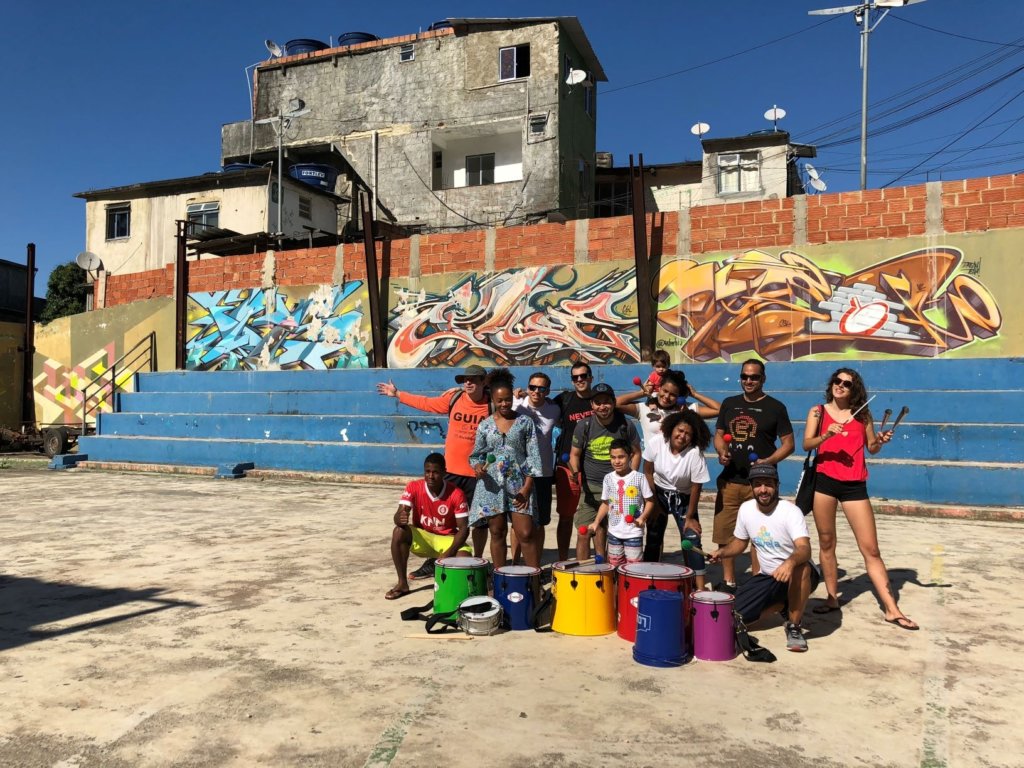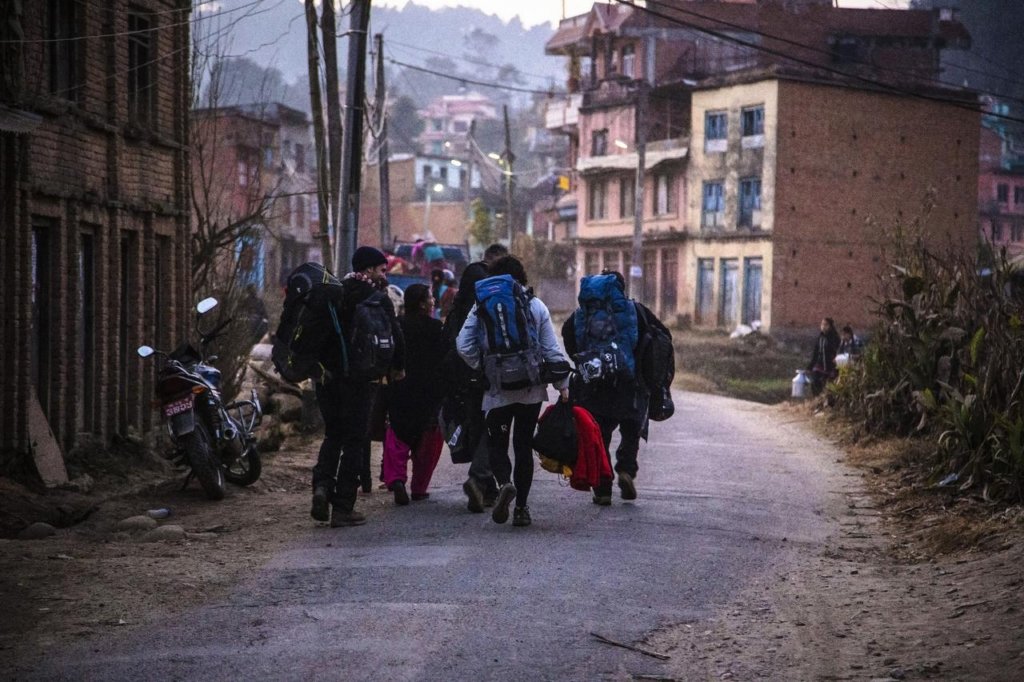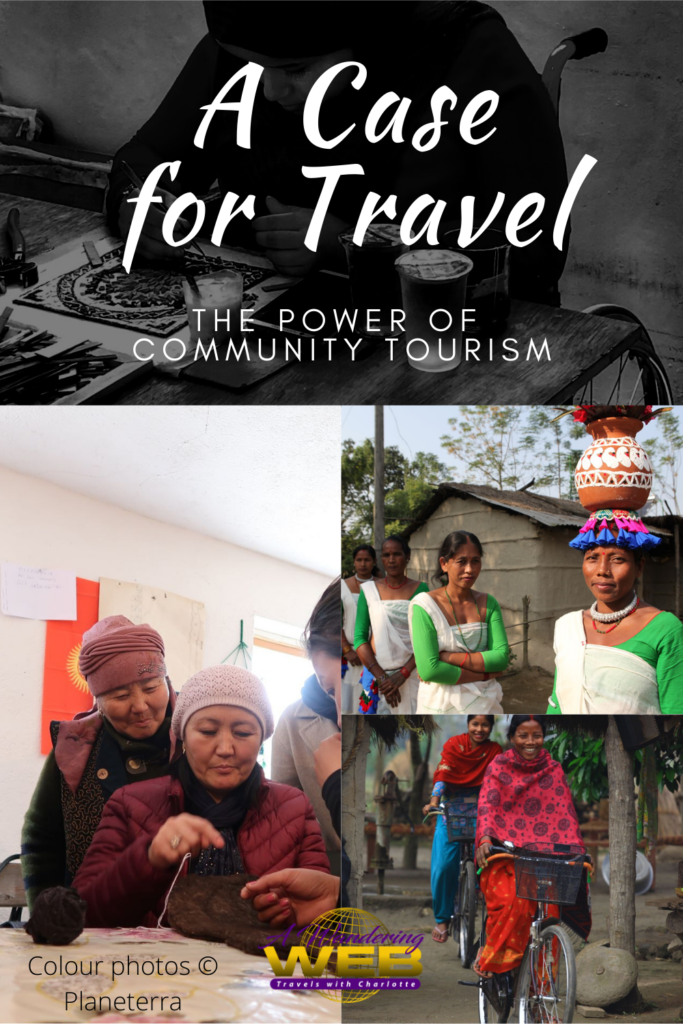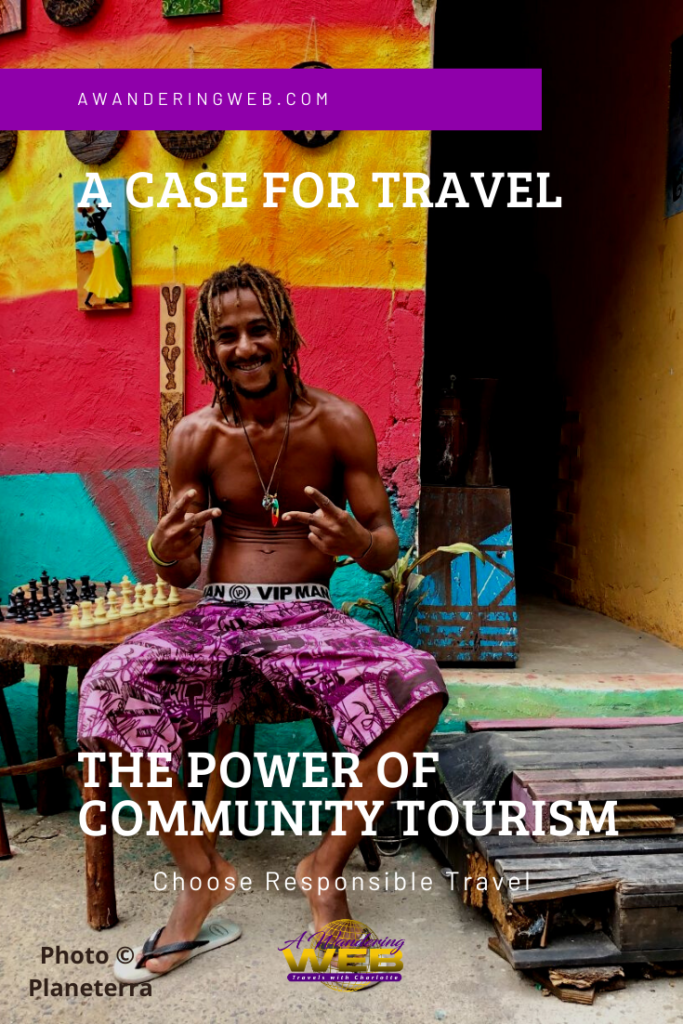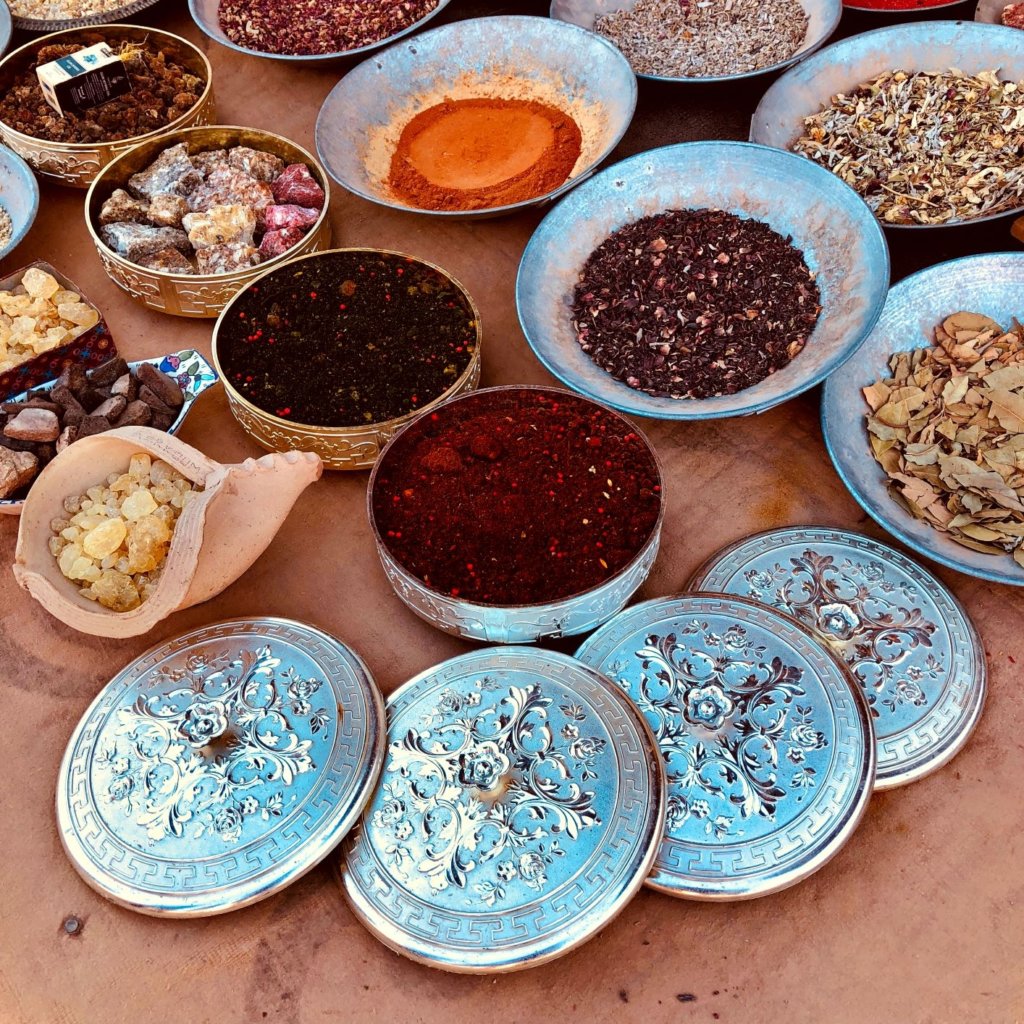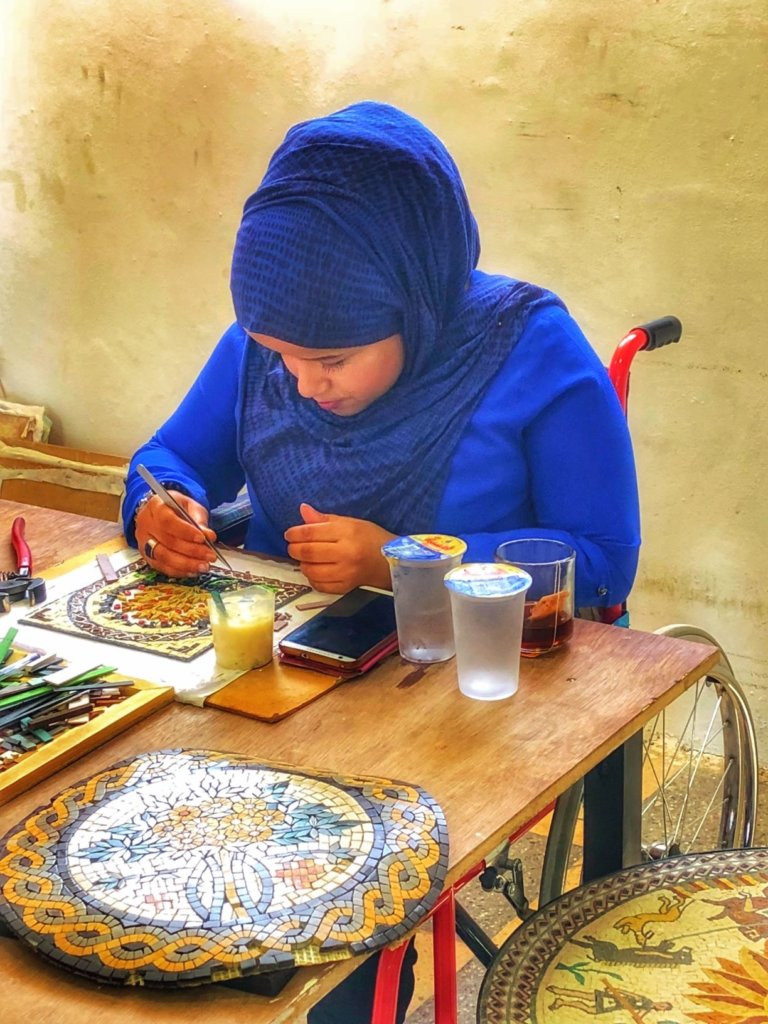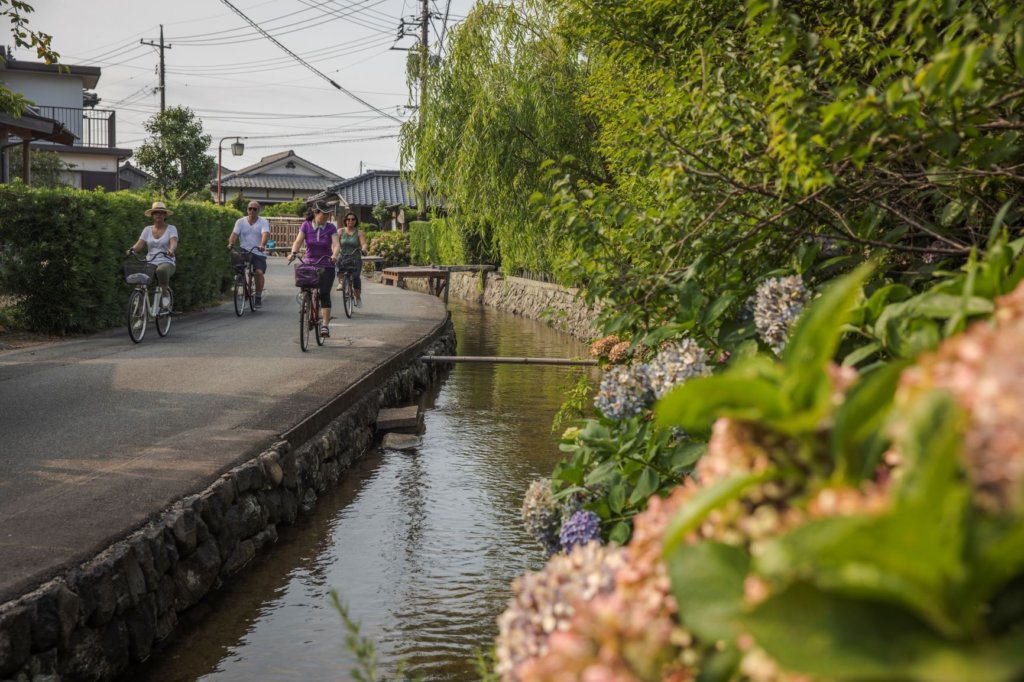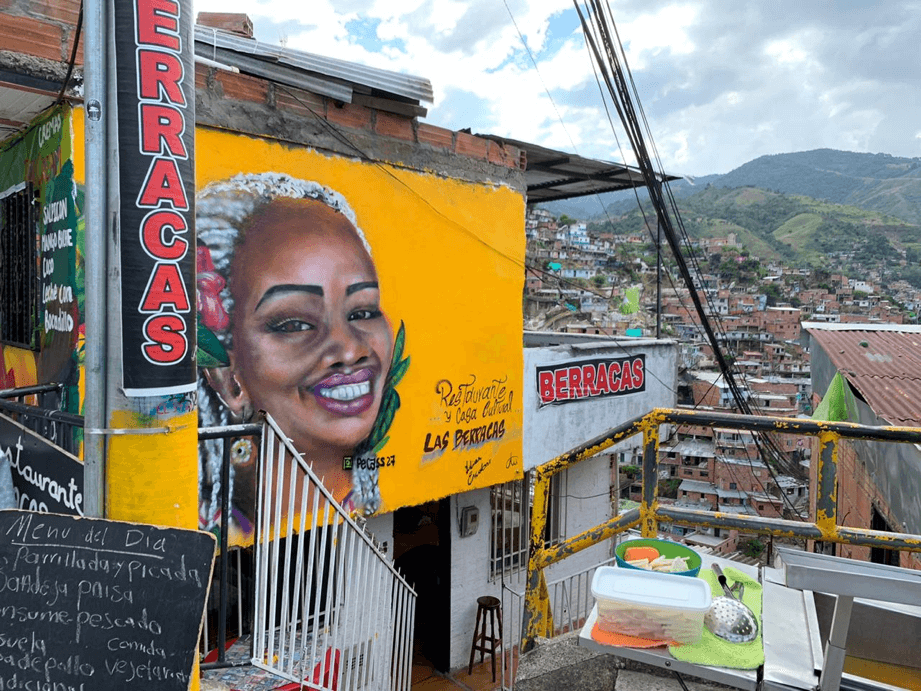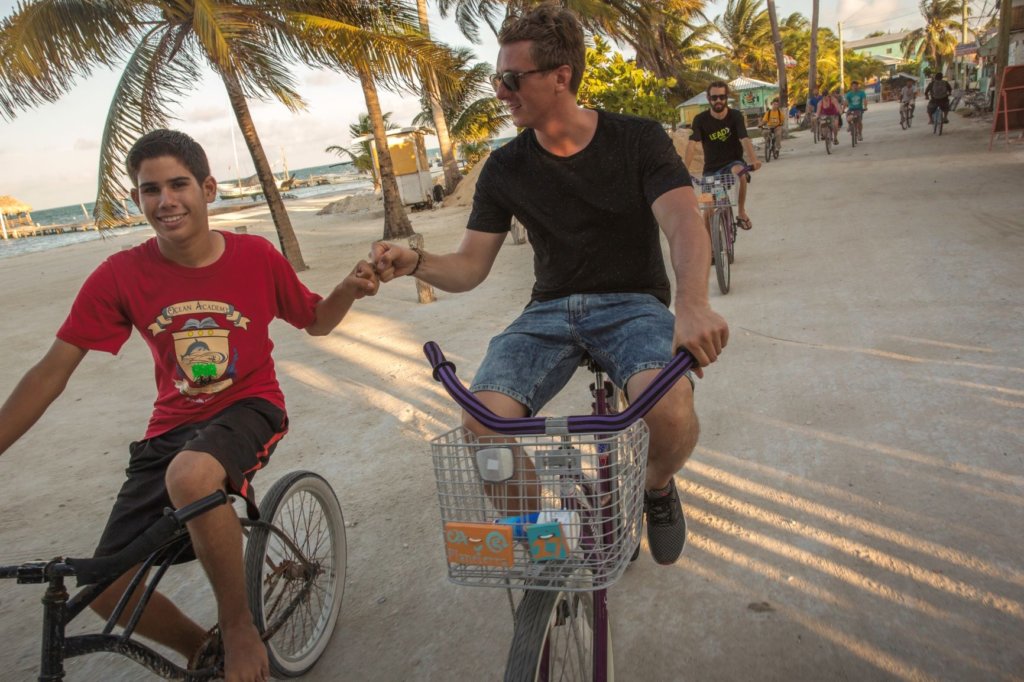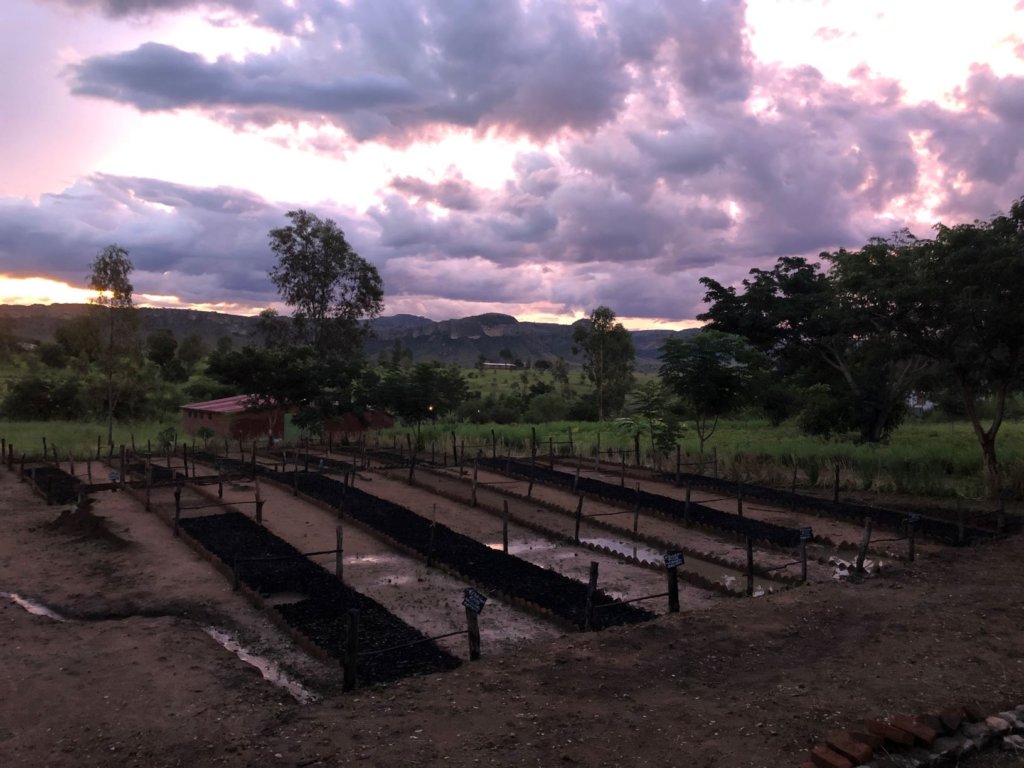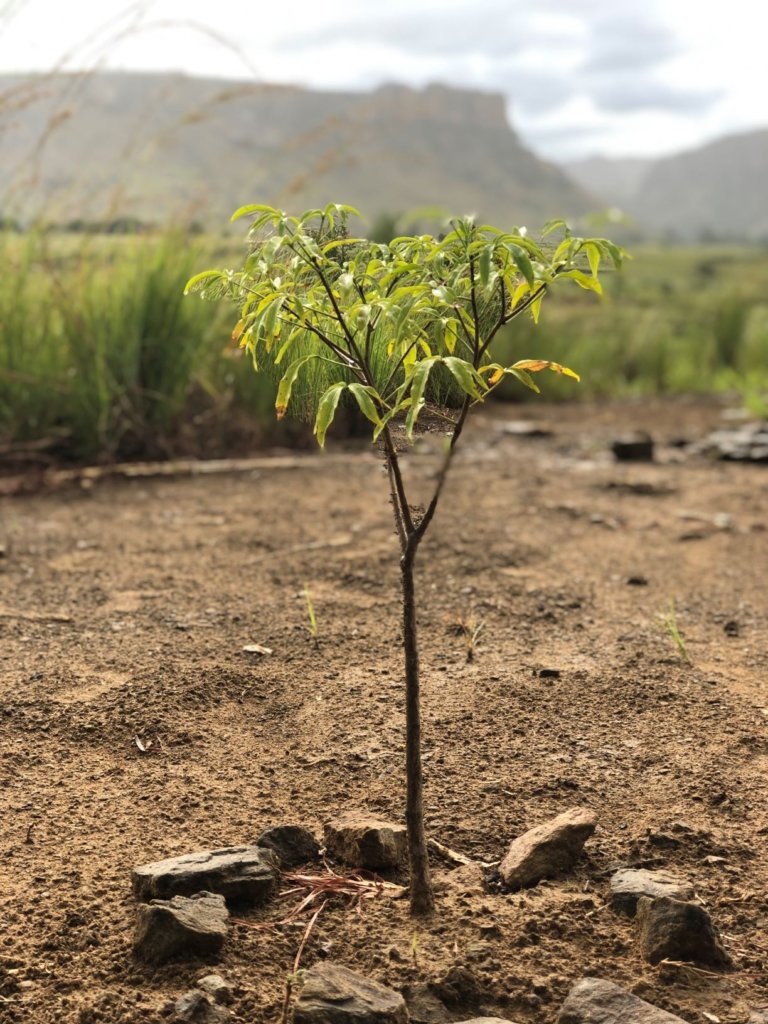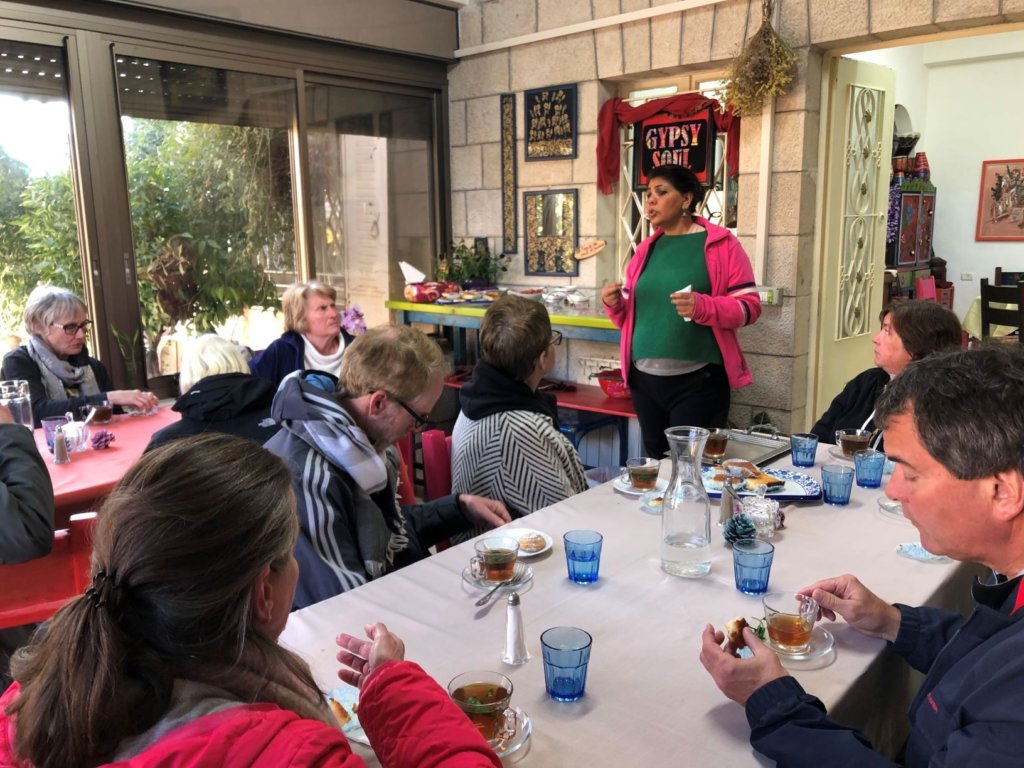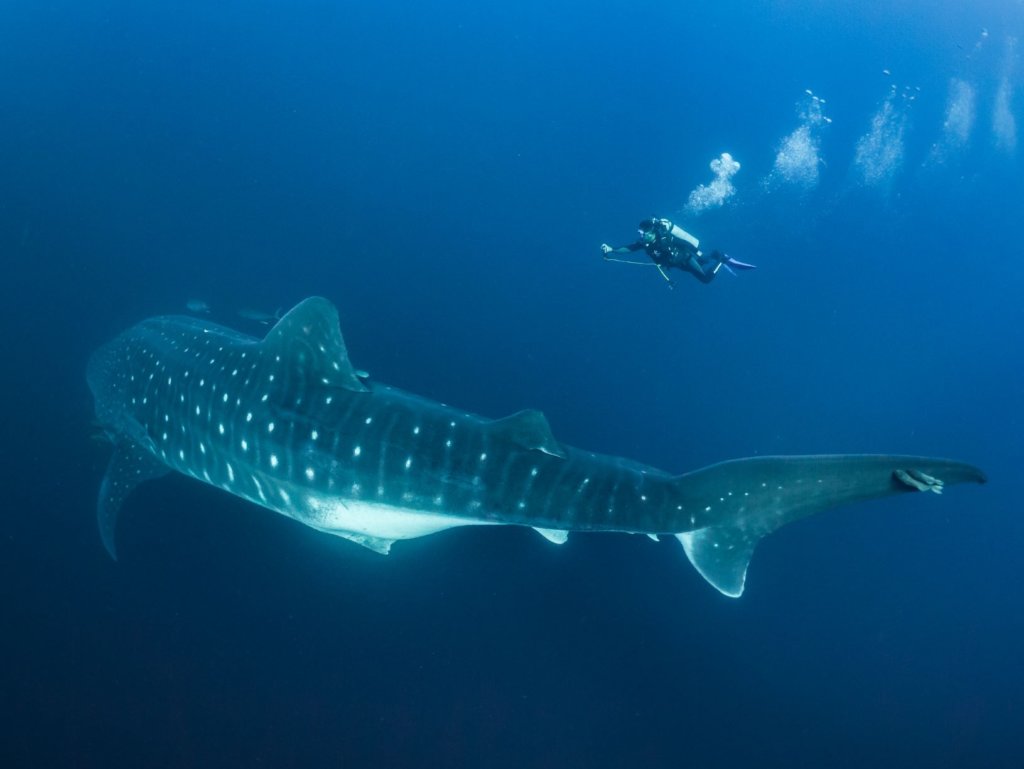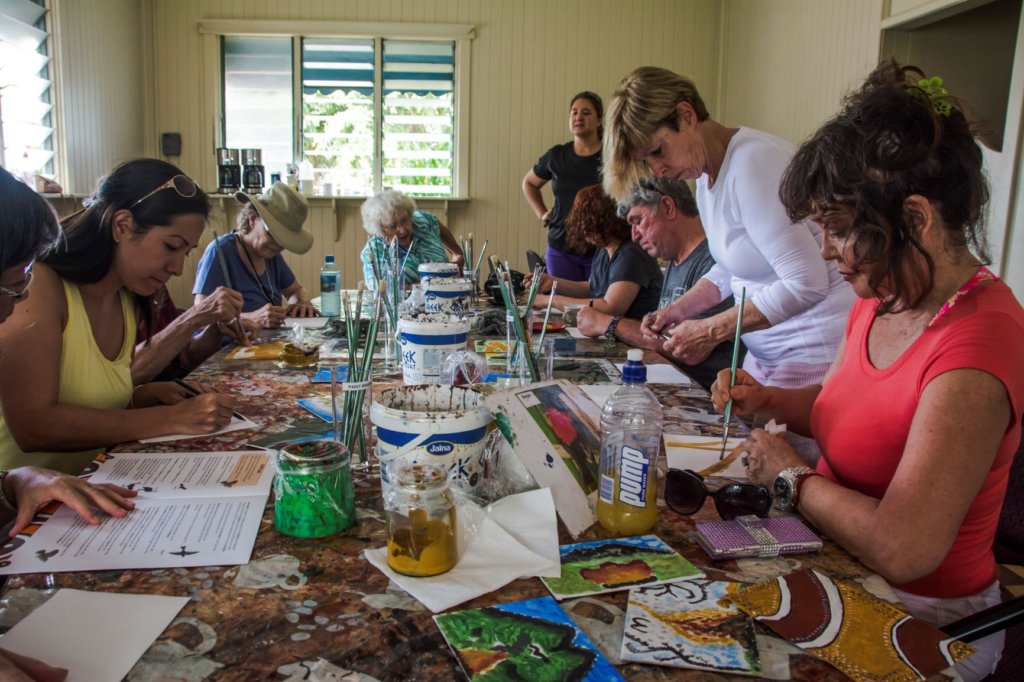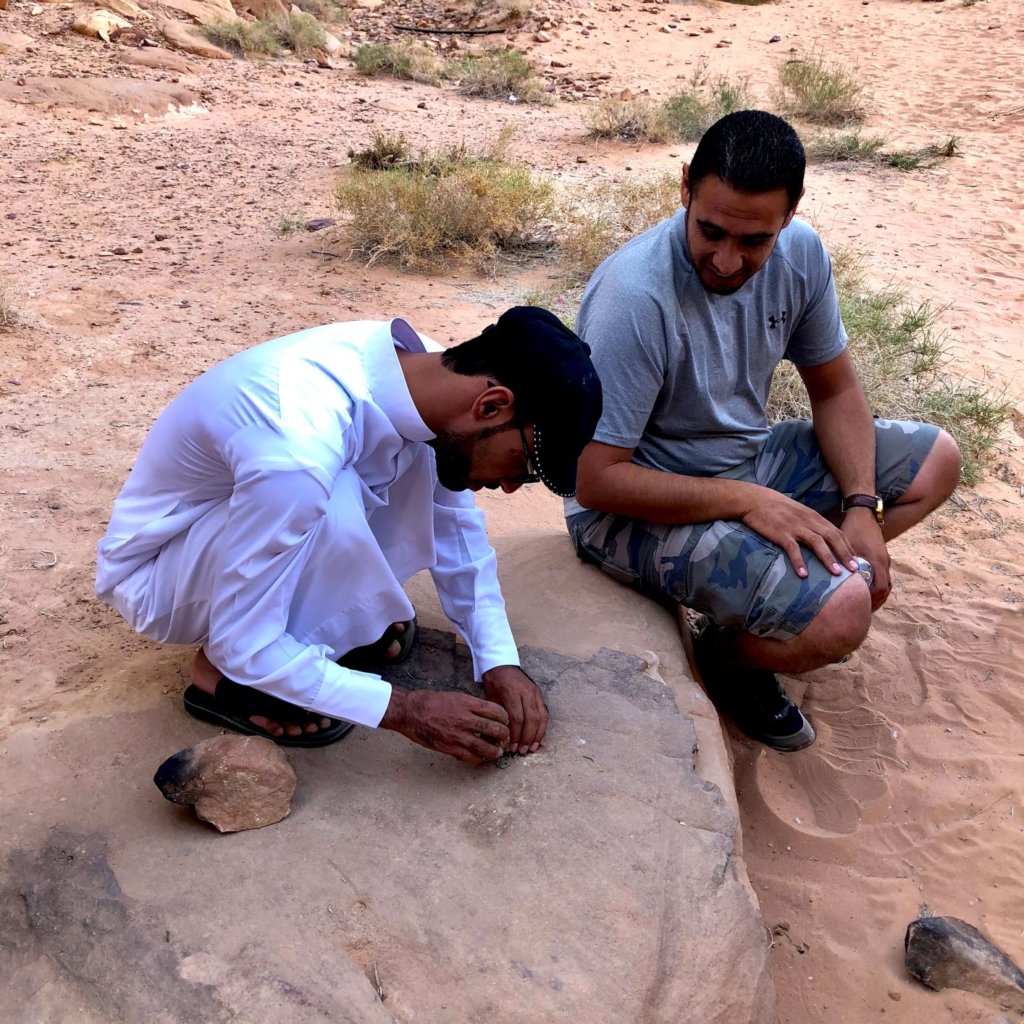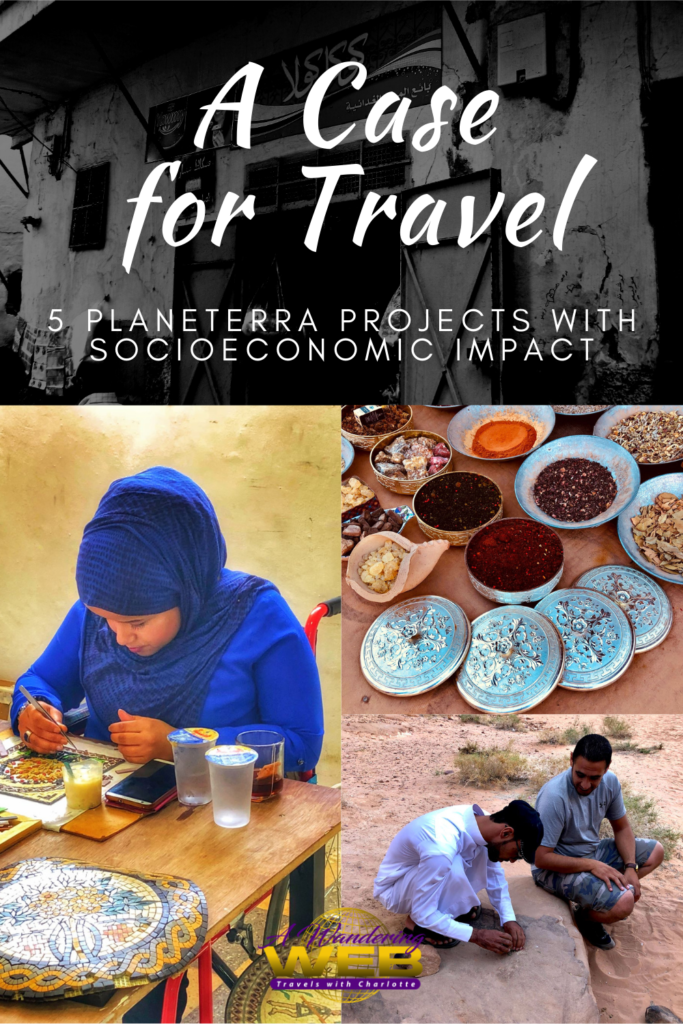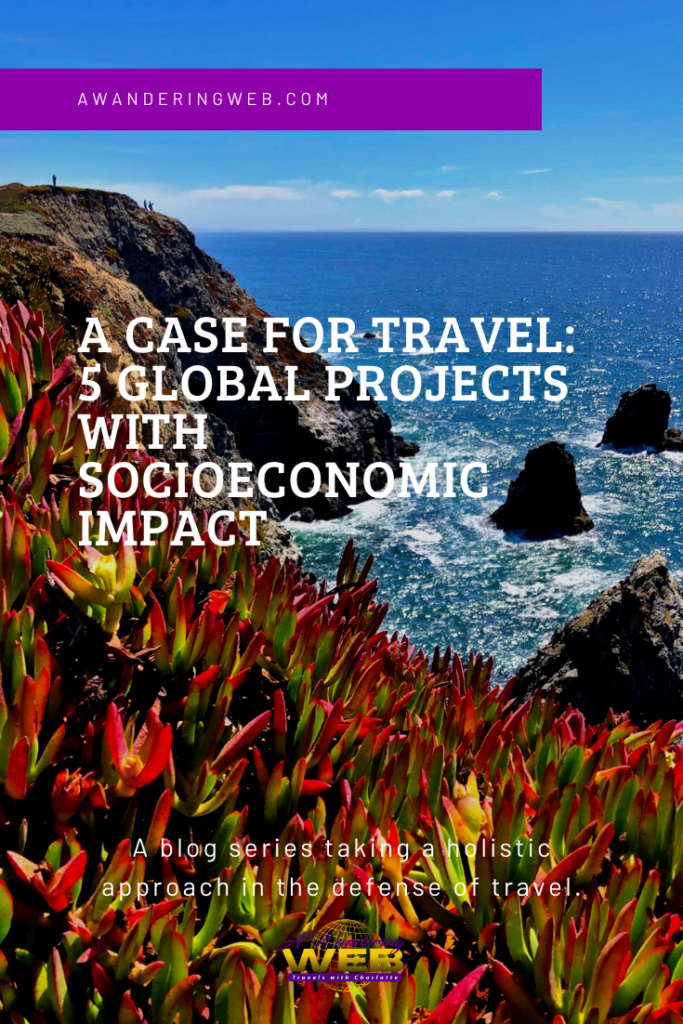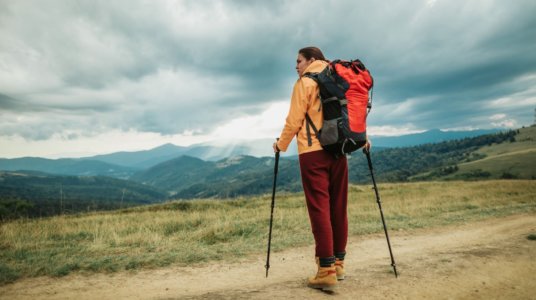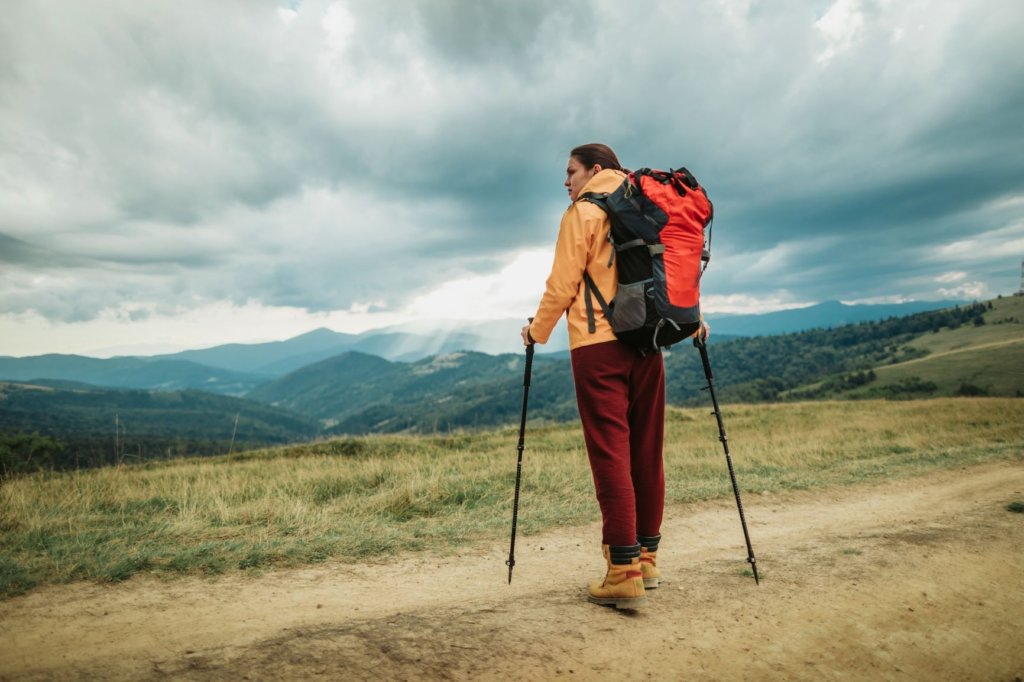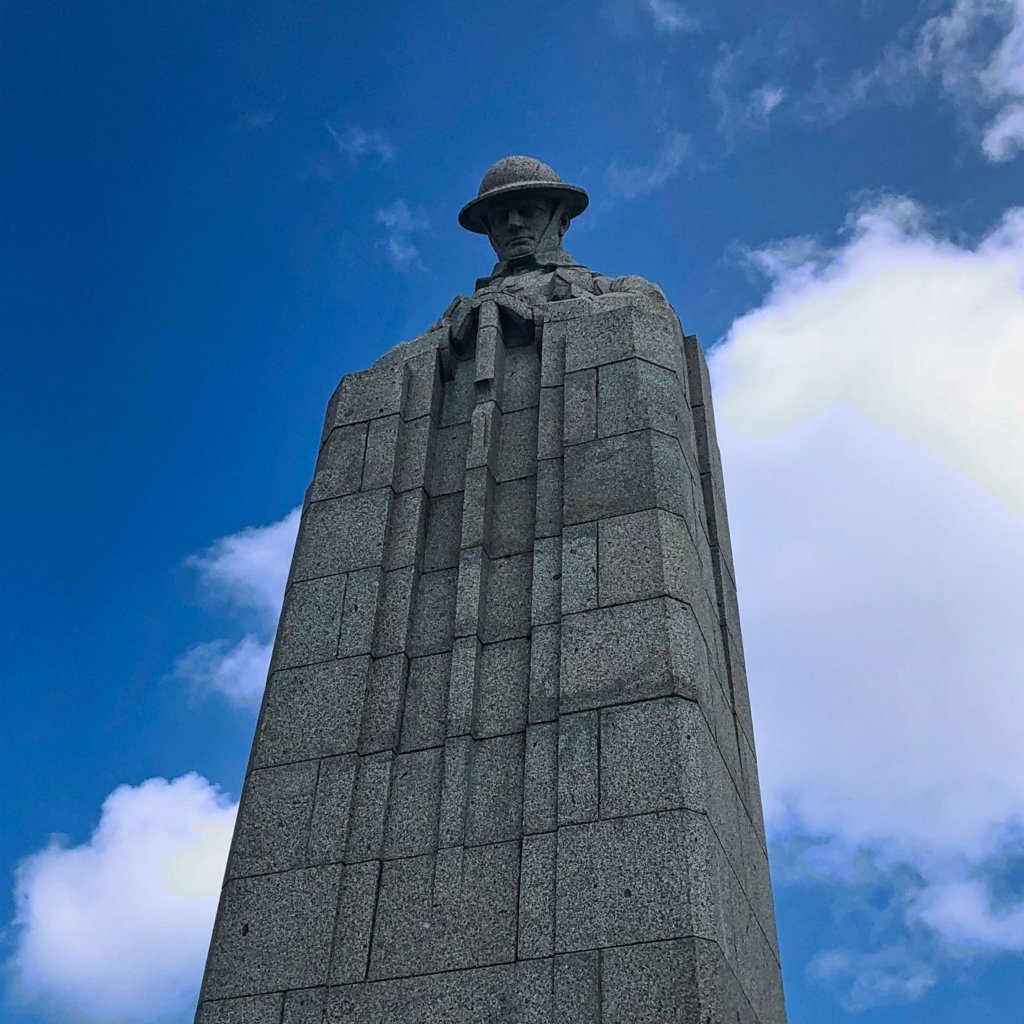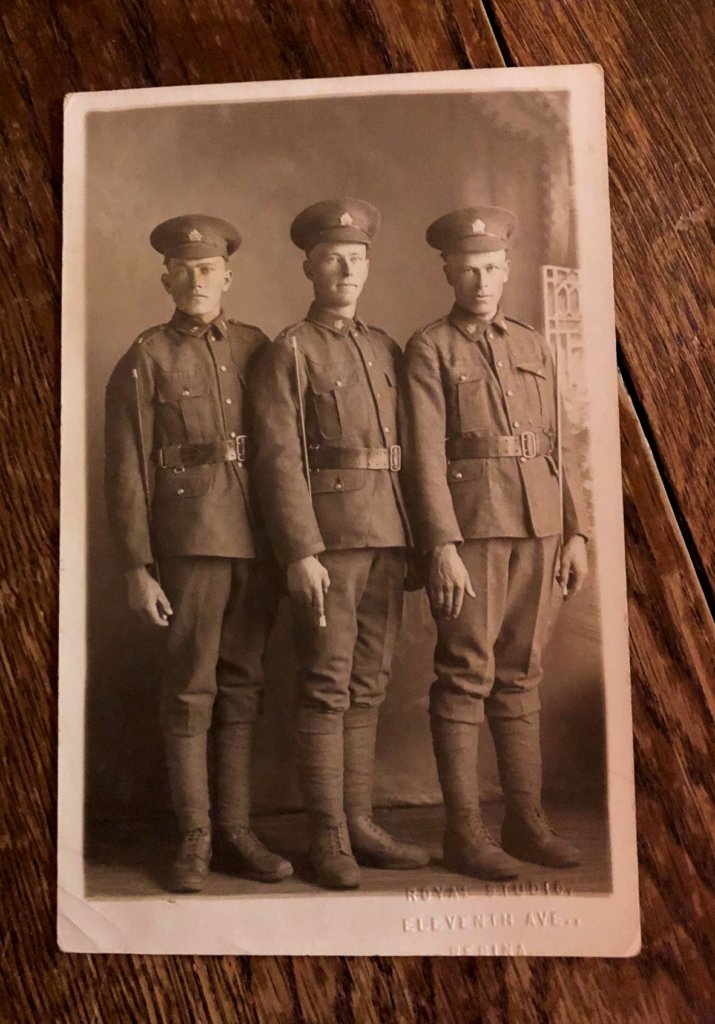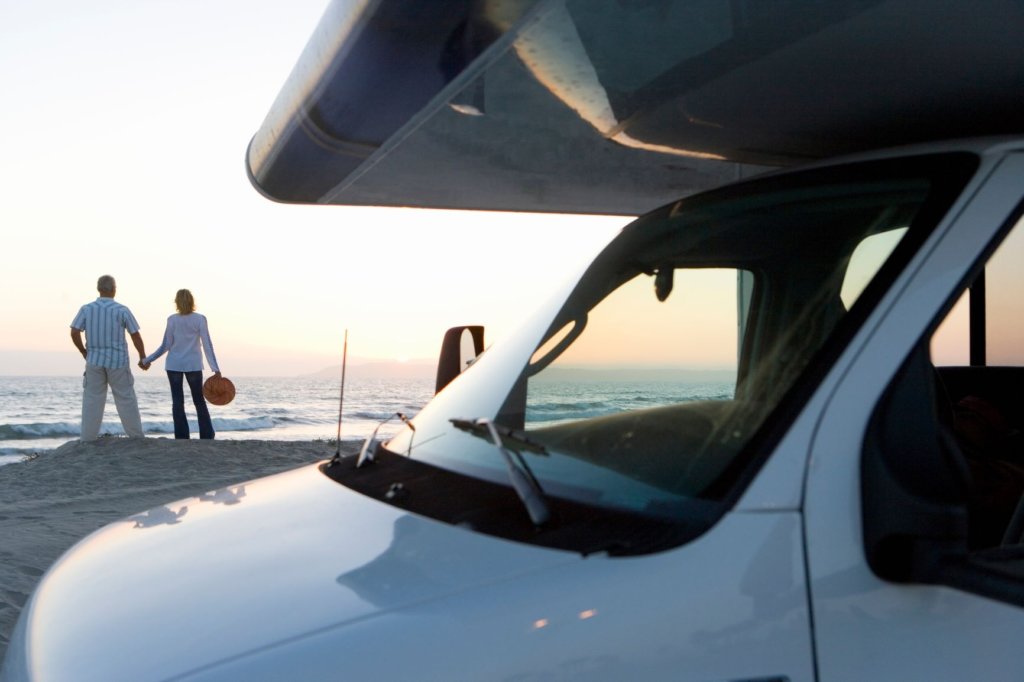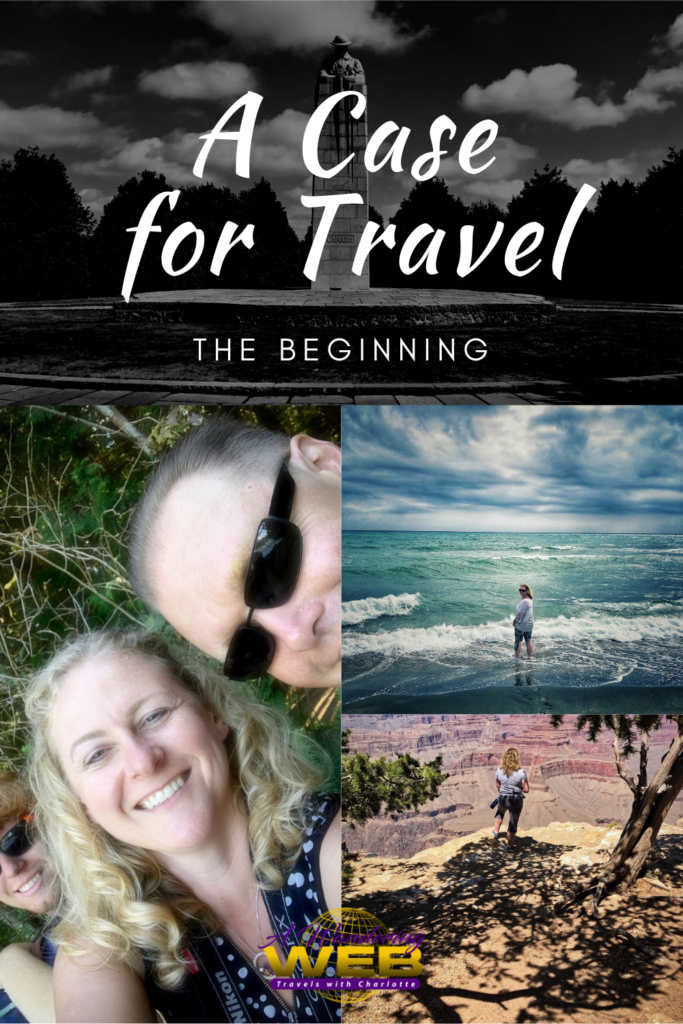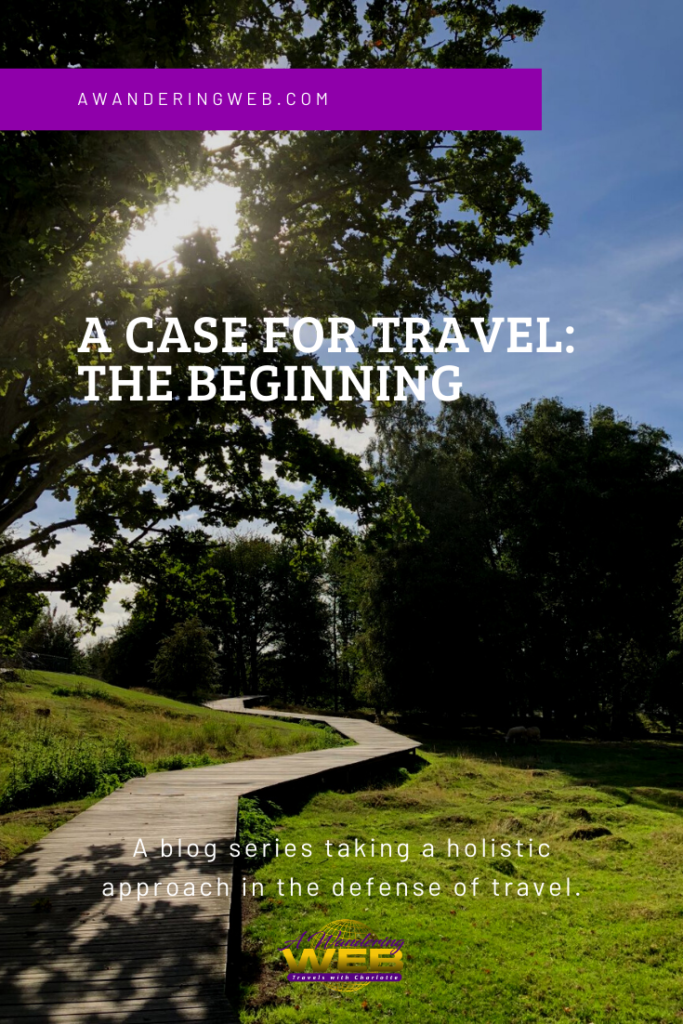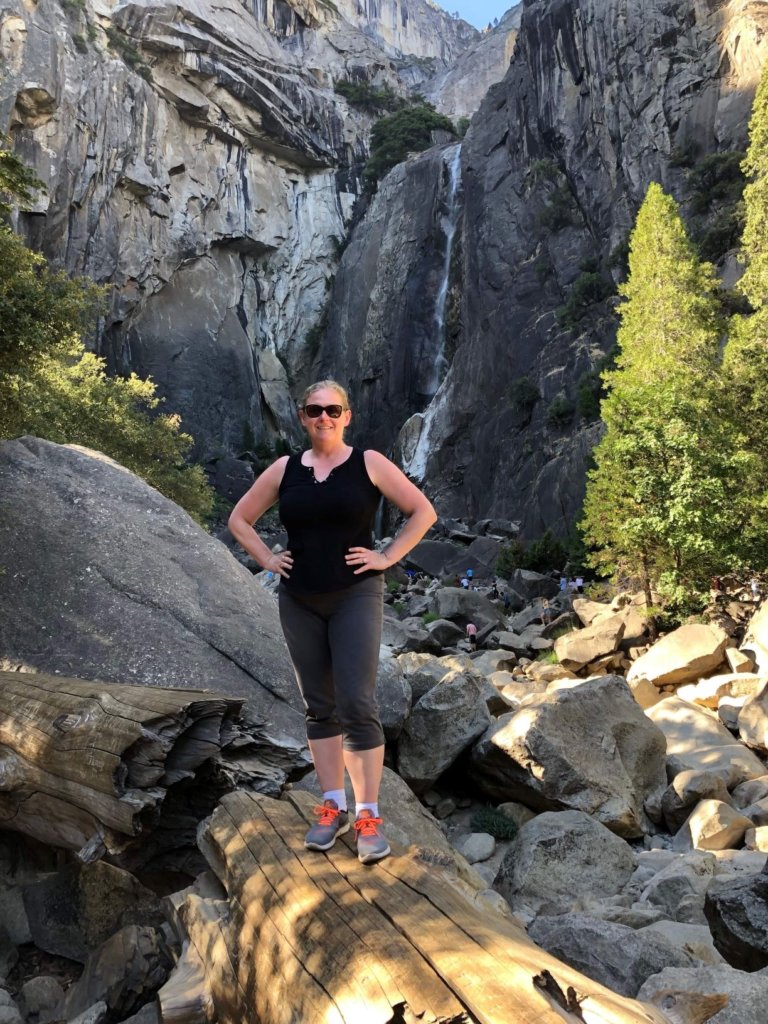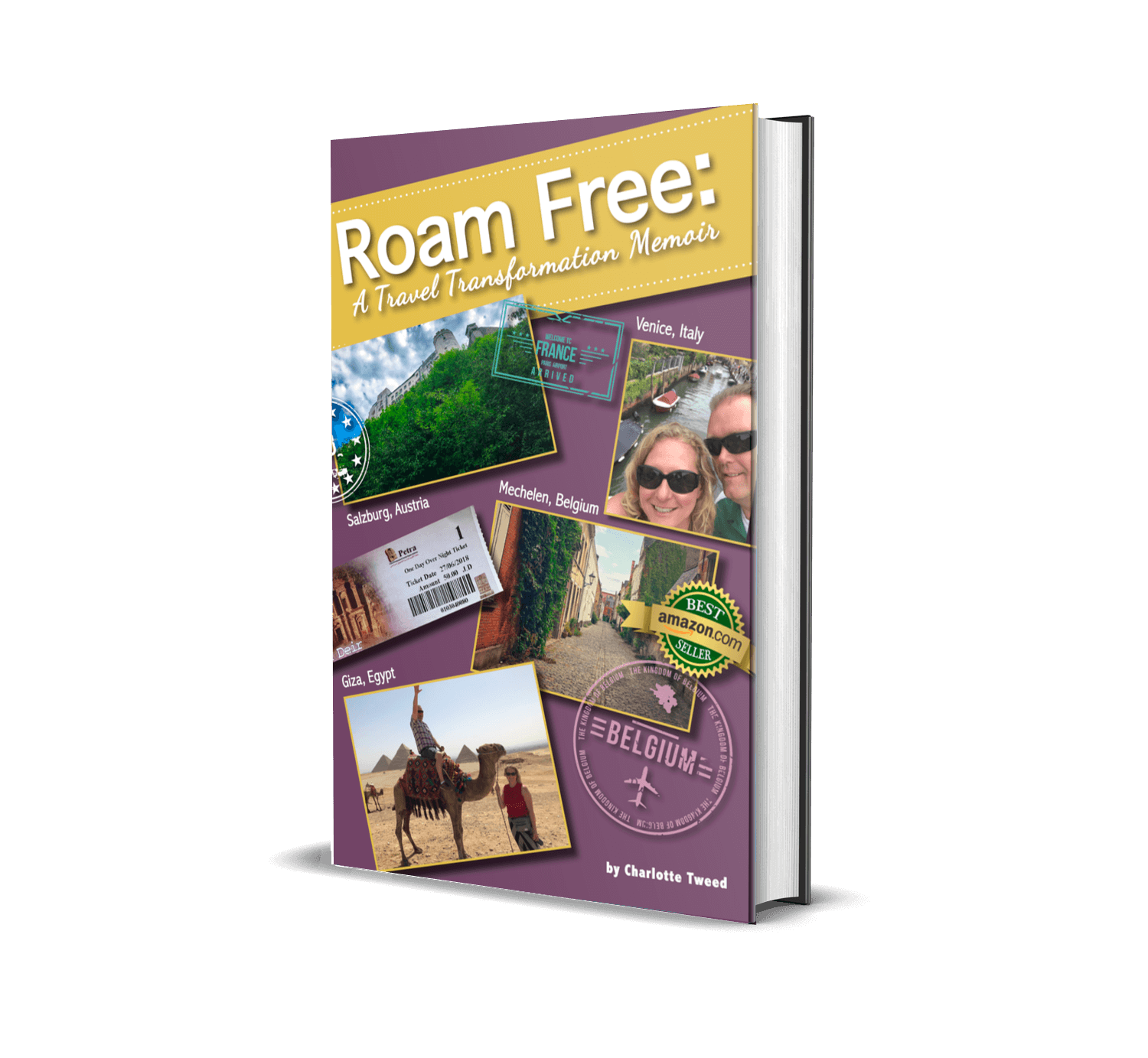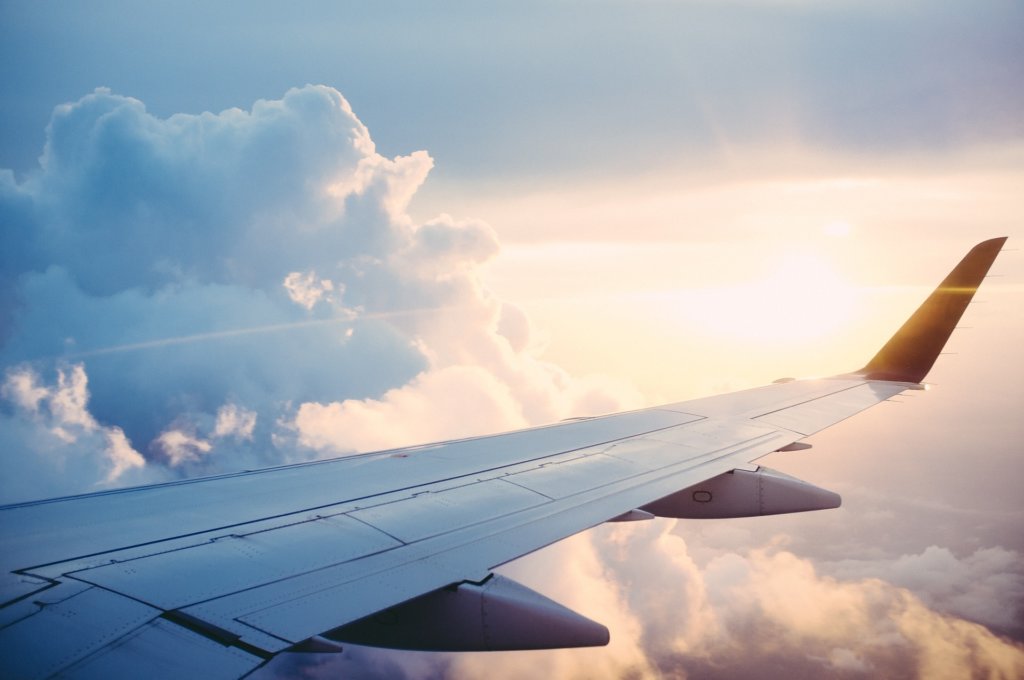
According to a study released in October 2020, using layered safety measures could push the risk of catching coronavirus on an airplane below regular activities such as grocery shopping and eating at a restaurant. Researchers at the Harvard T.H. Chan School of Public Health have written an in-depth report showing that airplane travel is safe.
One good thing has arisen from the ashes. Airplane cleaning has changed forever.
Travel is a personal decision. People need to travel. If they must go somewhere, they will find a way to get there. The public deserves the opportunity to reach informed decisions about air travel. As with any activity, such as driving, playing sports, or lifestyle choices, there are risks. How do we mitigate these risks and safely ensure the resumption of travel?
Harvard Study
The Harvard T.H. Chan School of Public Health Aviation Public Health Initiative (APHI) is led by National Preparedness Leadership Initiative, a joint program of Harvard T.H. Chan School of Public Health and Harvard Kennedy School of Government, Center for Public Leadership.
Say that all in one breath.
The APHI academic team’s expertise is industrial hygiene, infectious disease, engineering, environmental, medical, social sciences, and crisis leadership. On the aviation side, airline operators, aviation industry manufacturers, and airport operators sponsored the project. The academic team is an inclusive, multi-disciplinary, multi-sectoral, and multi-organizational unit intended to address the current SARS-CoV-2 (COVID-19) crisis in aviation. The project is a model for how industry and science can work together to overcome COVID-19 challenges. (Health, 2020)
The comprehensive strategy proposed incorporates layering NPI (non-pharmaceutical interventions) to create additive and/or synergistic benefits for reducing the risk of exposure to SARS-CoV-2 during air travel. This layered NPI approach, with ventilation gate-to-gate, reduces the risk of SARS-CoV-2 transmission onboard airplanes below that of other routine activities during the pandemic, such as grocery shopping or eating out. (Health, 2020)
*Note: Some of these links are affiliate links, meaning that if you book through my link, I will make a small commission (at no extra cost to you).
Key Findings
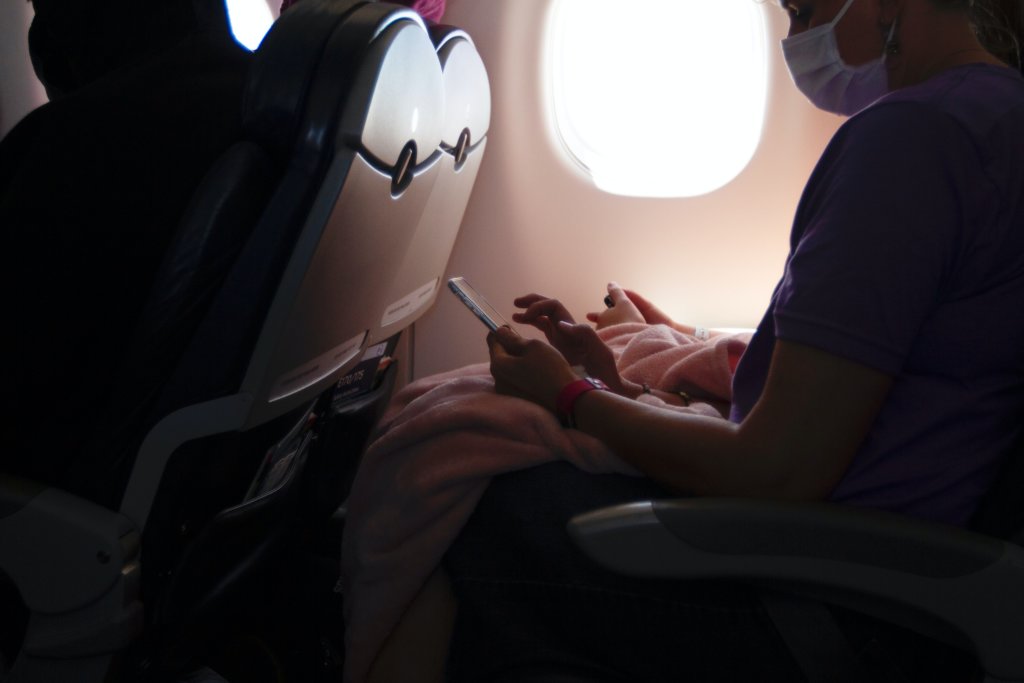
Key findings from the Harvard report highlight interactions from different NPI layers to risk mitigation include:
• Compliance with face mask-wearing and airplane’s environmental control systems diluting and removing pathogens reduce the risk of people acquiring COVID-19 during the cruise segment of their journey.
• Mask compliance reduces larger droplet dispersion that may deposit on surfaces. General airline cleaning practices and passengers sanitizing hard surfaces around their seats lowers the probability of contacting COVID-19.
• Combined, mask compliance, managed physical distancing, improved ventilation during boarding and disembarking, can reduce potential transmission to low levels.
• Requiring passengers to prove absence of COVID-19 symptoms, mandating they follow the airline’s COVID-related procedures provides protection. Gate and flight crewmembers assuming roles in assuring compliance will be essential to holding passengers accountable.
4 Key Factors in Risk Reduction to Make Airplane Travel Safe
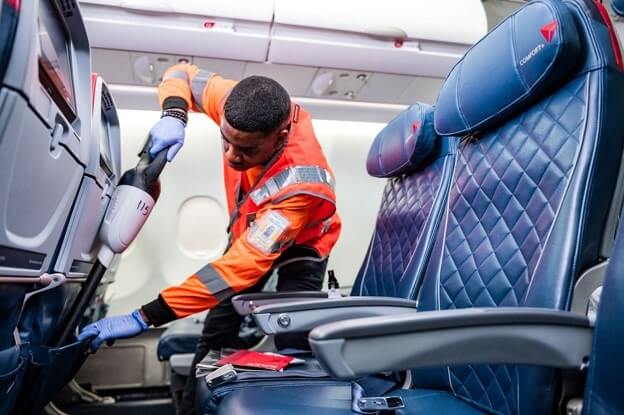
1. Emerging Science on COVID-19: Research to characterize COVID-19 viral production and transmission is still emerging. Scientific judgement combines with evidence-based research to monitor changes throughout the pandemic.
2. Layered Approach to Risk Reduction: The NPI proposed for risk mitigation of COVID-19 transmission includes consistently operated ventilation systems, disinfecting surfaces, wearing face masks, and social distancing procedures during boarding and deplaning.
3. Ventilation Systems on Airplanes: These sophisticated systems deliver clean cabin air in high amounts by rapidly dispersing exhaled air. Displacement of air in a downward direction reduces passenger-to-passenger respiratory pathogen spread. These systems can filter out 99.97% COVID-19 particles found on airplanes. (Health, 2020)
4. Crew and Passenger Behavior: Health screening for COVID-19 symptoms reduce the chance an infectious individual will board a plane until rapid, reliable, and inexpensive testing becomes available. (Health, 2020)
Healthy Air through Ventilation Systems
People have long expressed potential concerns about air quality inside commercial airplanes—a concern based on ignorance to airplane ventilation system operations.
Airplanes have a high air exchange rate of approximately every 2 to 3 minutes (20 to 30 ACH) while cruising—higher than recommended air exchange rates for an operating room in a hospital. (Health, 2020) While cruising, cabin air is recirculated about 40% to 50% and filtered through a high-efficiency particulate air filter, also known as a HEPA filter.
HEPA filters remove, at a minimum, 99.97% particulate matter from return air. High filtration levels ensure cabin air is particulate matter free, including bacteria and viruses. (Health, 2020)
We then began sampling onboard air at the various stages of flight from the boarding process to …, push back, taxi out, climb, cruise, descent, landing, ride, and deplaning… as a proxy for clean air we only measured particles, fine particles 0.3 to 25 microns in 48size. And we collected all that data with LTE equipment with personnel. And we also then sample various public spaces, grocery stores, big-box retailers, office environments, various places people encounter every day and what we conclusively found is that the onboard air systems, especially in the use of the HEPA filters have inherently and exponentially fewer particles of that size than the places we encounter every day. (Health, 2020)
Airplane Cleaning and Disinfection
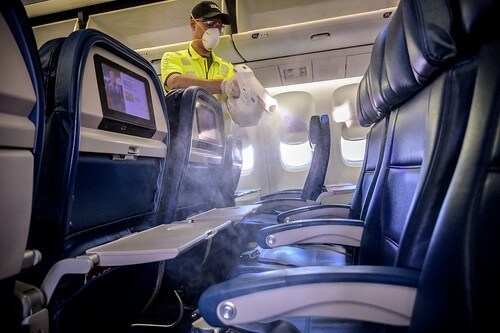
Airlines’ disinfection processes have changed to reduce any contaminated surfaces or fomites inside the cabin. Fomites are objects or materials which are likely to carry infection, such as clothes, utensils, and furniture. All airlines have added extra cleaning. High touch areas receive additional attention. Disinfection overnight or when there is enough time between flights is also a priority. (Health, 2020)
Some airlines perform electrostatic spraying at least once per day or between flights when having at least two to six hours or more. Foggers emit a fine mist cleaning agent throughout the cabin. Those using electrostatic foggers go a step further. Aerosol passes around unreachable cabin elements such as overhead bins and tray tables. To carry out these extensive cleaning protocols, almost all airlines have included more training. (Health, 2020)
Inanimate Objects
Surfaces in airplane cabins are cleaned with effective disinfection agents approved by government agencies and reinforced by industry oversight bodies. Consistent with evidence from healthcare settings, infection with COVID-19 via fomites in airplane cabins is low. (Health, 2020)
Hand Sanitization
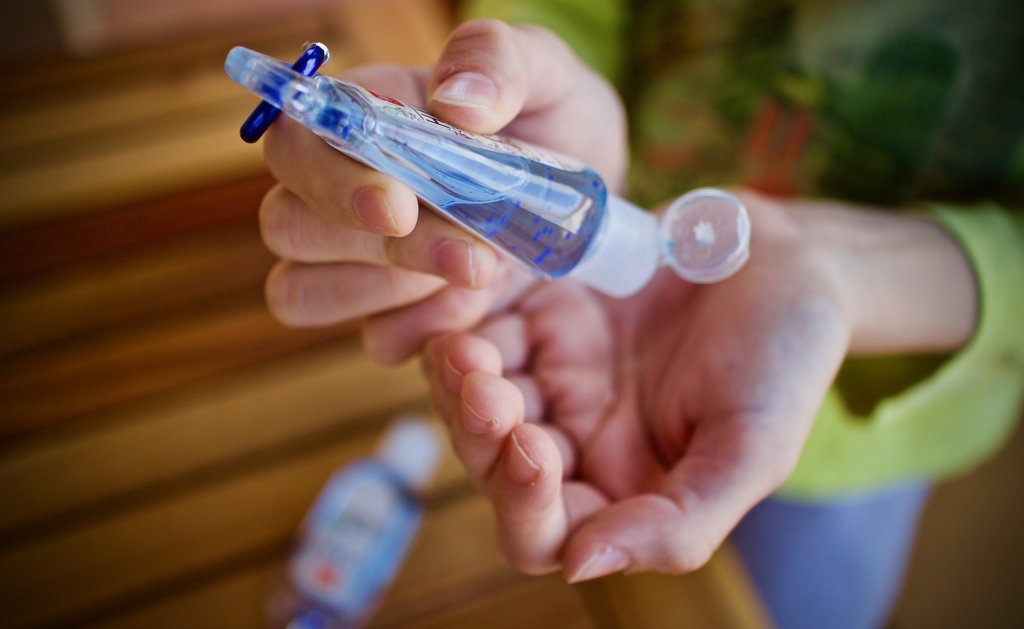
Hand sanitizers containing at least 60% alcohol can be used if hand-washing facilities are not readily available. Soap and active ingredients in disinfectants destroy the protein protective layer of COVID-19 virus with effectiveness of more than 99.9% in less than 1 minute. (Health, 2020)
Additional Measures to Ensure Airplane Travel is Safe
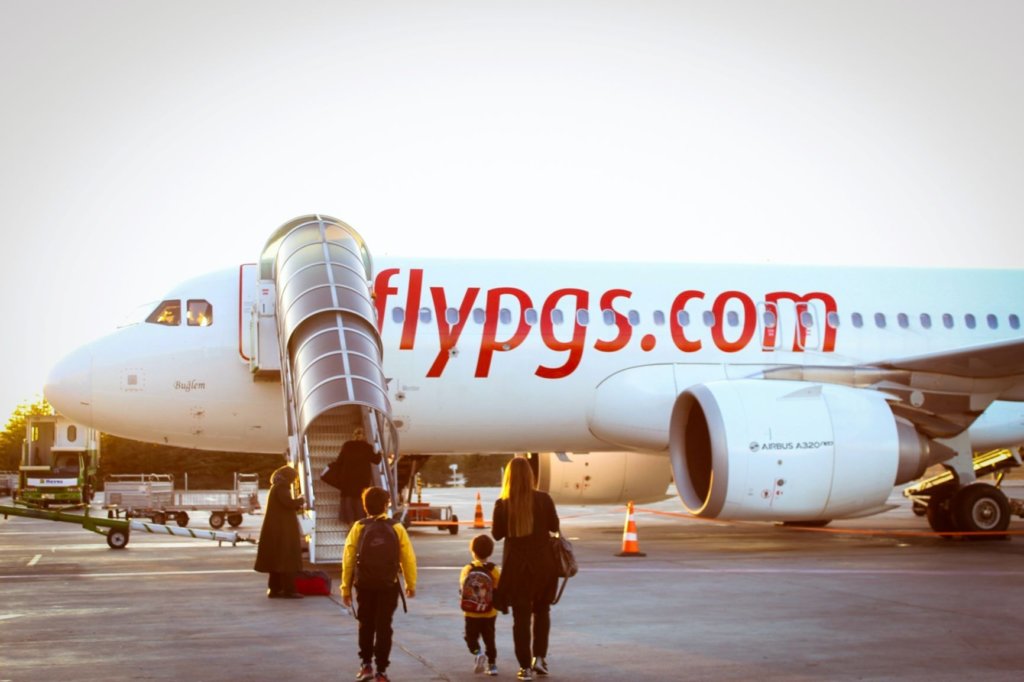
Airplane ventilation systems contribute to maintaining safe environments while operating during a flight, while at the gate, boarding, or deplaning passengers. Other specific steps for prevention include:
1) maintaining appropriate ventilation during all travel phases
2) Marking required physical distancing on the jetway bridge
3) Admitting limited passenger numbers at one time
4) Reducing carry-on to one item where possible
5) Having crewmembers manage disembarkation. These simple process management measures combined with face masks will cut COVID-19 transmission during these critical air travel segments.
What if I Must sit Beside Someone?
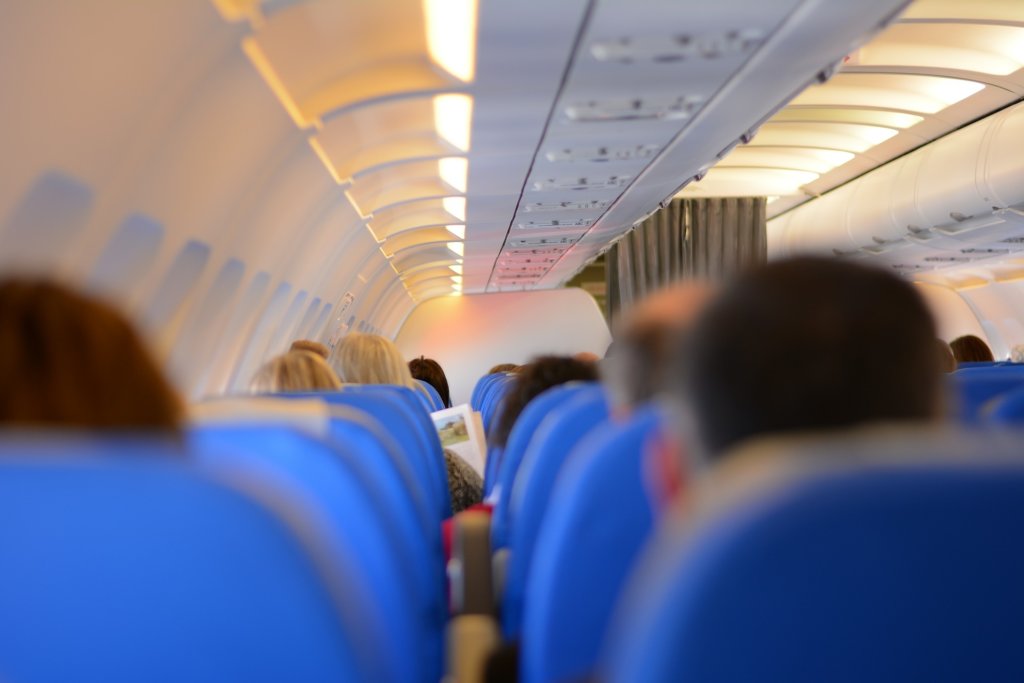
Several airlines do not block middle seats. No evidence can be found on how blocking seats might help to reduce COVID-19 infections. (Health, 2020)
Respiratory viruses are released into the environment in respiratory fluid droplets via breathing, vocalizing, sneezing and/or coughing. Respiratory particle physics released from coughing, sneezing, and breathing is beyond the scope of this article. For a full explanation on transmission routes, refer to Harvard report pages 56-60.
When the airplane ECS (environmental control system) operates, mask-wearing passenger in the nearest seat to a masked infectious person will have reduced exposure risk. The estimated dose inhaled by an adjacent passenger over a few hours is likely to be less than necessary to cause a secondary infection. (Health, 2020)
What if Someone Begins to Exhibit Symptoms Onboard?
Airline crews are now trained to handle incidents should a passenger start exhibiting COVID-19 symptoms onboard. All airplanes have medical kits onboard. Some have more specialized kits including N95 respirators, protective PPE (personal protective equipment), and oximeters in medical kits. More than half the airlines in the Harvard report have third-party medical help consultation. (Health, 2020)
Airplane Travel is Safer than Grocery Shopping
When meeting current ventilation standards with 50% recirculated HEPA-filtered air, airplanes exchange rate significantly exceeds all normally encountered environments. The Harvard report shows airplanes have fresh air, resulting in a short lifetime for particles. Exposure to infectious particles is lower than any other common encountered environment. Particles from a cough or a sneeze are flushed from the cabin in as little as two to five minutes, as opposed to some six hours in a commercial or retail space.
Airlines Step up to the Challenge to Make Airplane Travel Safe
APEX Health Safety powered by SimpliFlying
APEX (Airline Passenger Experience Association Health Safety) powered by SimpliFlying sets industry standard for customer-centric COVID-19 certification. APEX is a 43-year-old non-profit dedicated to advancing customer experience on airplanes.
While all global airlines remain safe based upon governmental review and COVID-19 requirements, SimpliFlying provides a scientific validation designed to encourage airlines to reach beyond government requirements to a higher standard to make airplane travel safe.
The Health Safety Standard purpose is to:
- Give airlines a proactive role in global travel resumption.
- Create a common standard of health safety for passengers.
- Highlight successful industry practices.
There are three safety standard levels: Gold, Platinum, and Diamond. Diamond is the highest achievable level.
To see launched airlines joining APEX Health Safety Standard, click here.
To see CDC cleaning guidelines for airplanes after a flight, go here.
United Airlines Receives Hospital Grade Cleanliness
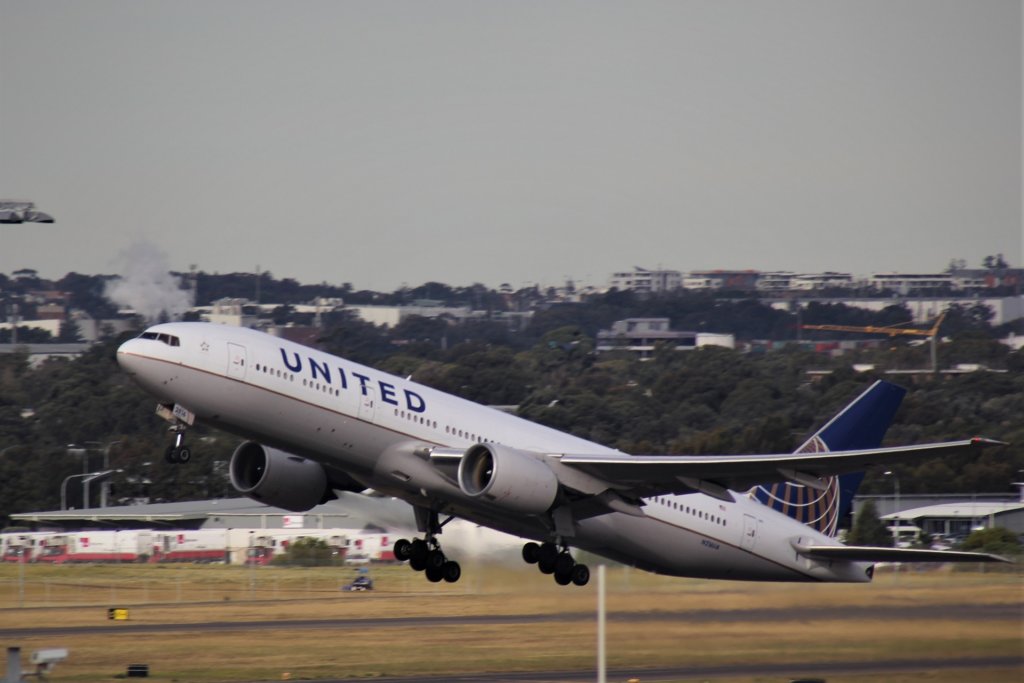
United Airlines has exceptional cleaning standards. APEX and SimpliFlying have given United the highest possible certification in the new APEX Health Safety audit powered by SimpliFlying. United was the first carrier to achieve Diamond status. (Travel Pulse, 2021)
United submitted detailed responses for audit against a 58-point checklist covering 10 categories including contact tracing, on-the-ground procedures, in-flight measures, and strategic partnerships. United has worked with strategic partners such as Clorox to redefine disinfection procedures to create a healthier environment.
Air Canada Awarded for Health and Safety Programs
Air Canada has hospital-grade level biosecurity to make airplane travel safe. Their customers and employees’ safety is their top priority.
Air Canada is certified as a global champion for its commitment to health and safety of customers and employees as it received Diamond certification from APEX Health Safety powered by SimpliFlying. Air Canada’s initiative since onset of COVID-19 includes Air Canada’s CleanCare+ program. (Travel Pulse Canada, 2021)
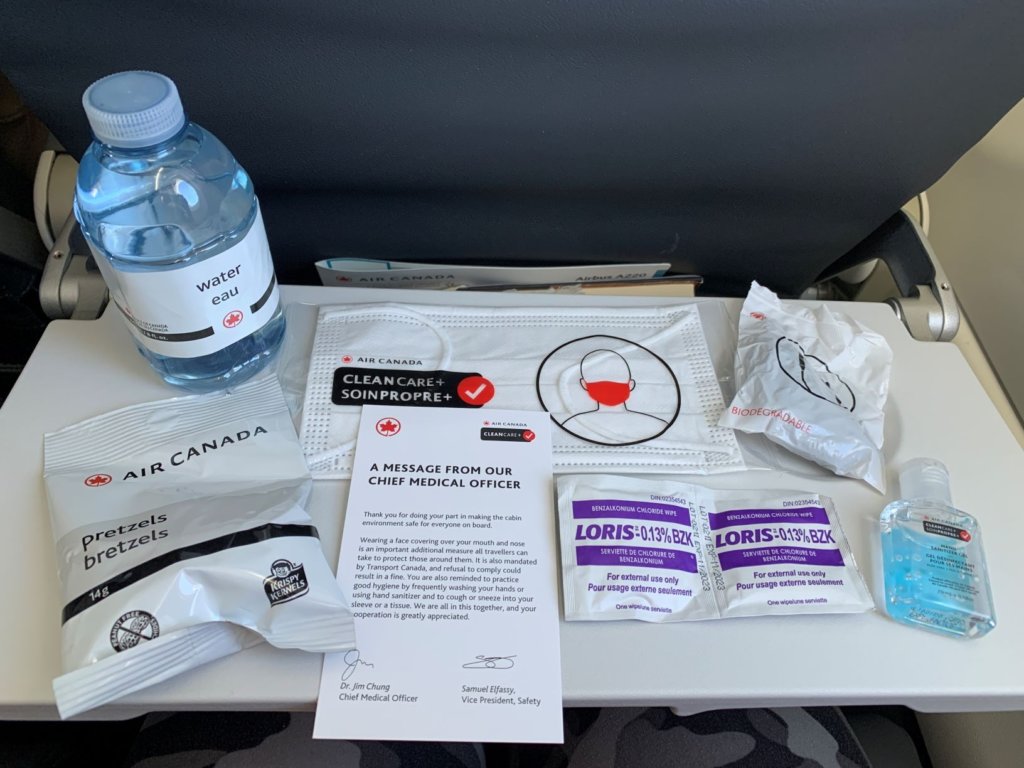
We reimagined everything from the check-in process, baggage handling, in-flight services, mandatory face-coverings, pre-flight temperature, and expanded grooming procedures. – Lucie Guillemette, Executive Vice-President and Chief Commercial Officer at Air Canada.
Air Canada also partnered with MHL (McMaster Health Lab) and Greater Toronto Airports Authority for a study demonstrating feasibility of airport-based testing to help reduce required quarantine periods. Preliminary results based on 20,000 tests conducted on more than 8,600 study participants between September 3-October 2, 2020, found 99% tested negative for COVID-19. (Travel Pulse Canada, 2021)
Travel and Hospitality Industry Taking the Blame
Travel is responsible for only 2% of cases yet, the travel industry shoulders the blame and shame. There have been misleading stories written about COVID-19 cases coming into Canada by airplane. If you check the flights mentioned, many are cargo flights, not passenger planes. Cargo planes will be coming into Canada as essential traffic no matter what rules the government places on passenger traffic. (Mowers, 2021)
Public health data shows approximately 99% of positive COVID cases are not travel-related. (Travel Pulse Canada, 2021)
100% of passengers tested negative in WestJet YVR Test Project. (PAX Global Media, 2021)
The CDC has stated “the risk of getting a contagious disease on an airplane is low” (Health, 2020)
Yet, we are still blaming and shaming travel.
Be a Responsible Traveller and Know Airplane Travel is Safe
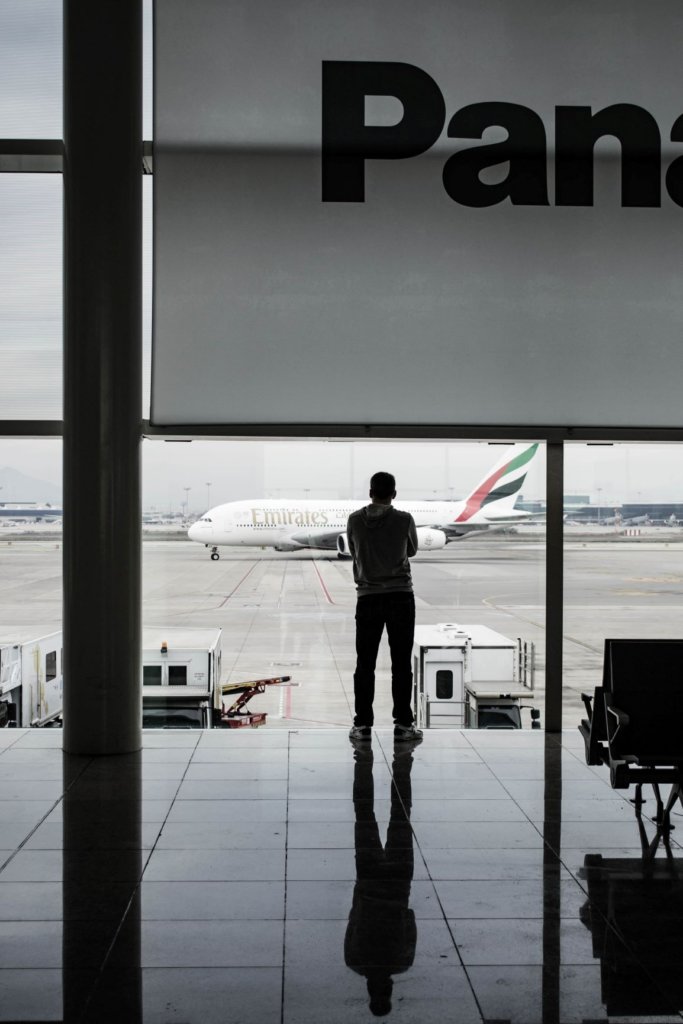
Assess personal risks before flying. Make informed decisions. During a pandemic, transmission possibility will always exist in public environments. Life is risky business. Individuals with higher risk should consult health care providers for specific personalized information.
Global governments and institutions need to work together to develop common standards to make cross-border travel easier. Harnessing collaborative mindset can enhance travel for all. We can open freedoms and quality of life responsibly.
Rapid testing implementation at airports across Canada would be an added protection for travellers and communities. What do we hear on the news from some politicians? “Close the airports!” This is the wrong approach when there are feasible alternatives that can, and should, be implemented. Enough of the fear-mongering.
Promote solidarity. Support recovery. Follow guidelines. Together we can stay steady during unsteady times. Let’s get this world turning again.
Though a formidable adversary, SARS-CoV-2 need not overwhelm society’s capacity to adapt and progress. Developing strategies mitigating the spread of the disease while allowing a careful reopening of sectors of society is possible. There is much to gain by simply following the science. It offers a bounty of information about how people can achieve both public health safety and opportunity. (Health, 2020)
To Read the Full Harvard Report, click here.
The project may also issue bulletins and updates, which can be found at the APHI website.
Phase 2 of the report covering the airport experience from gate-to-gate can be found here.
References
APEX. (2021). APEX Health Safety. Retrieved from APEX.aero: https://apex.aero/awards/apex-health-safety/
Health, F. a. (2020). Assessment of Risks of SARS-CoV-2 Transmission During Air Travel and Non-Pharmaceutical Interventions to Reduce Risk Phase One Report: Gate-to-Gate Travel Onboard Aircraft. The National Preparedness Leadership Initiative is a joint program of the Harvard T.H. Chan School of Public Health and the Harvard Kennedy School of Government, Center for Public Leadership.
Miller, S. (2020, November 20). Disinfectant Damage: Are Cleaning Products Harming Aircraft Interiors? Retrieved from APEX.Aero: https://apex.aero/articles/disinfectant-damage-are-cleaning-products-damaging-aircraft-interiors/
Mowers, M. (2021, January 25). canadiantravelnews.ca. Retrieved from Canadian Travel News: https://canadiantravelnews.ca/2021/01/25/when-covid-is-about-more-than-travel-why-we-should-all-be-mad/
PAX Global Media. (2021, January 21). news.paxeditions.com. Retrieved from PAX News: https://news.paxeditions.com/news/airline/100-passengers-have-so-far-tested-negative-covid-19-westjet-yvr-study
Travel Pulse. (2021, January 12). United Airlines Receives Hospital-Grade Cleanliness Certification. Retrieved from travelpulse.com: https://www.travelpulse.com/news/airlines/united-airlines-receives-hospital-grade-cleanliness-certification.html
Travel Pulse Canada. (2021, January 26). Retrieved from ca.travelpulse.com: https://ca.travelpulse.com/news/airlines/national-airlines-council-supports-mandatory-tests-but-not-tougher-quarantines.html
Travel Pulse Canada. (2021, January 12). ca.travelpulse.com. Retrieved from ca.travelpulse.com: https://ca.travelpulse.com/news/airlines/air-canada-awarded-for-health-and-safety-programs.html
Roam Free is a deeply personal and often hilarious travel memoir that pulls you in to the wild and woolly ride of my epic travel adventures. If you loved Peter Mayle’s A Year in Provence, you’ll delight in Roam Free’s sweetly innocent deep dive into a life of untethered long-term travel. Get your copy on Amazon and become inspired today.
“I just finished your book and I wrote a great review on Amazon. Congratulations on your book, your blogging career, and mostly on your courage to step out of the box then burn the damn box!! Your book is inspiring. Bravo.” – Irene Cabay
Get Your Custom-Built Itinerary:
Want to make your own adventure travel memories but don’t know where to start? A Wandering Web Travels can help you plan and book your bucket list travel today.
Enter for your chance to win a FREE trip! *Terms and conditions apply.*
Book Your Flight and Car Rental:
Find cheap transportation by using Kiwi.com. This search engine combs websites and airlines around the globe to become the ultimate travel hack.
Book Your Accommodation:
You can book hotels, apartments, resorts, villas, B&Bs and guest houses at Booking.com! They consistently return the most economical rates for guesthouses and cheap hotels.
Like surprises? Try Hotwire.com and Save up to 60% off 4+ Star Hot Rate Hotels!
Always been curious about Airbnb but afraid to try? Now you can check them out and earn up to $95 CAD off your first trip!
Check out our world recommendations page on Where to Stay!
Book Your Small-Group Tour, Activities and Attractions:
For the best small-group tours check out G Adventures’ Insanely affordable tours!
Viator is another great option so don’t miss out! Guaranteed lowest prices on tours and activities.
Don’t Forget Travel Insurance:
Travel insurance will protect you against illness, injury, theft, and cancellations. It’s comprehensive protection in case anything goes wrong. We like World Nomads because they have great rates and cover a range of adventurous activities.
P.S. – If you’ve found our website helpful and like to book travel yourself, please consider booking your next trip through the links on our Resources Page. We have personally used the companies listed there in our own travels. By booking through these links, the small commission we earn helps us keep the content up to date, expand our resources, and keep the website community supported.
Don’t just visit. Live it.
